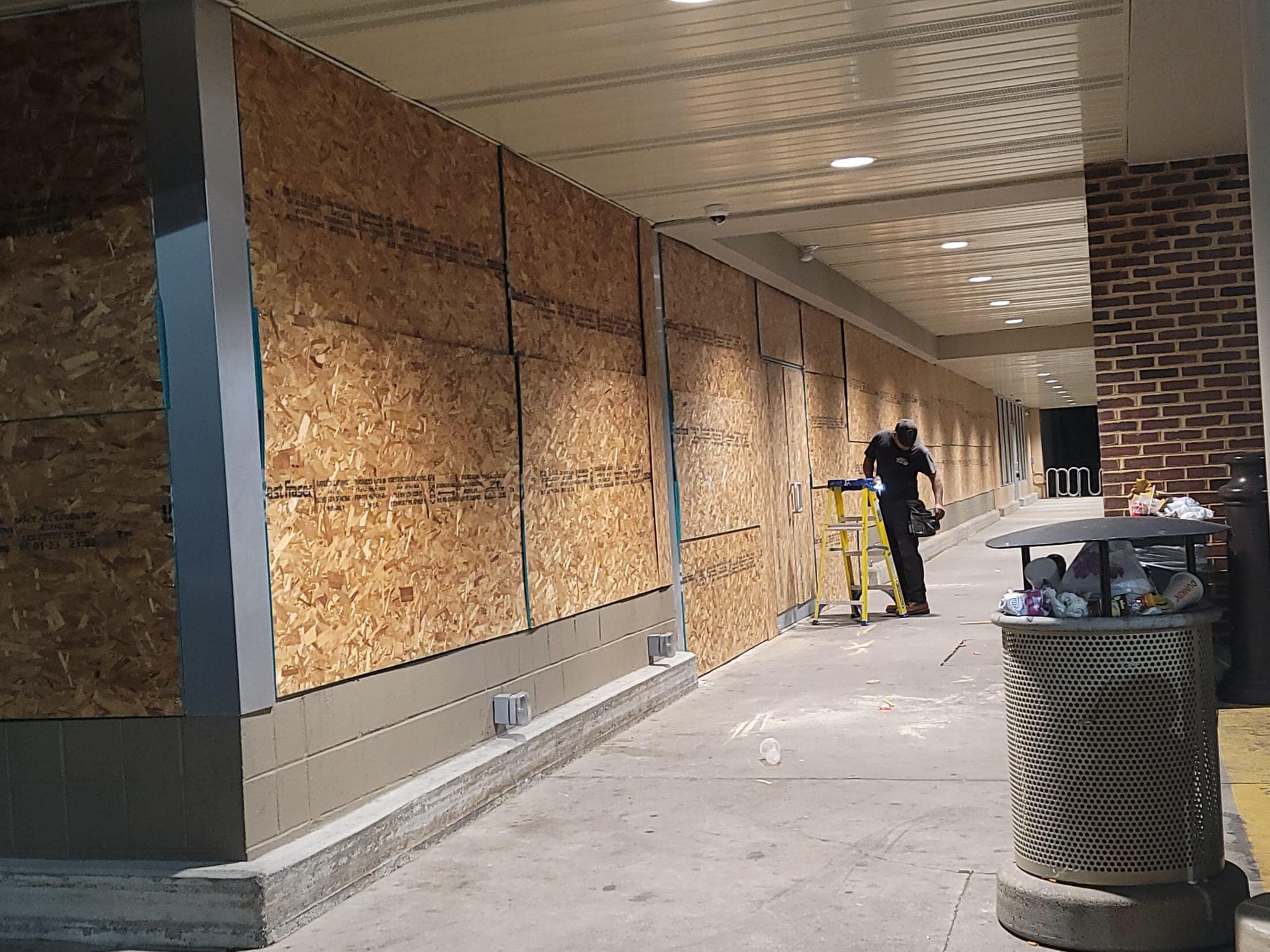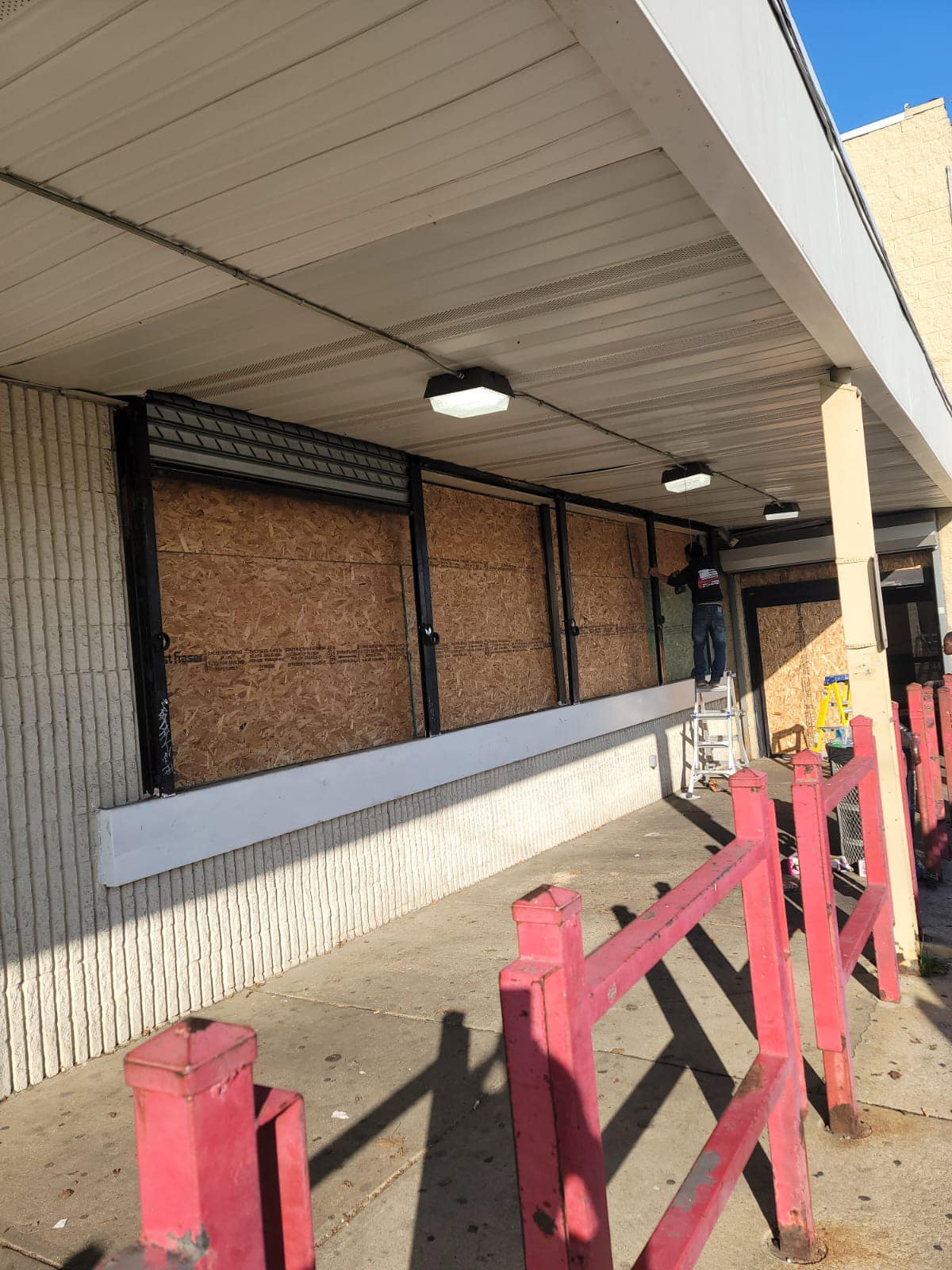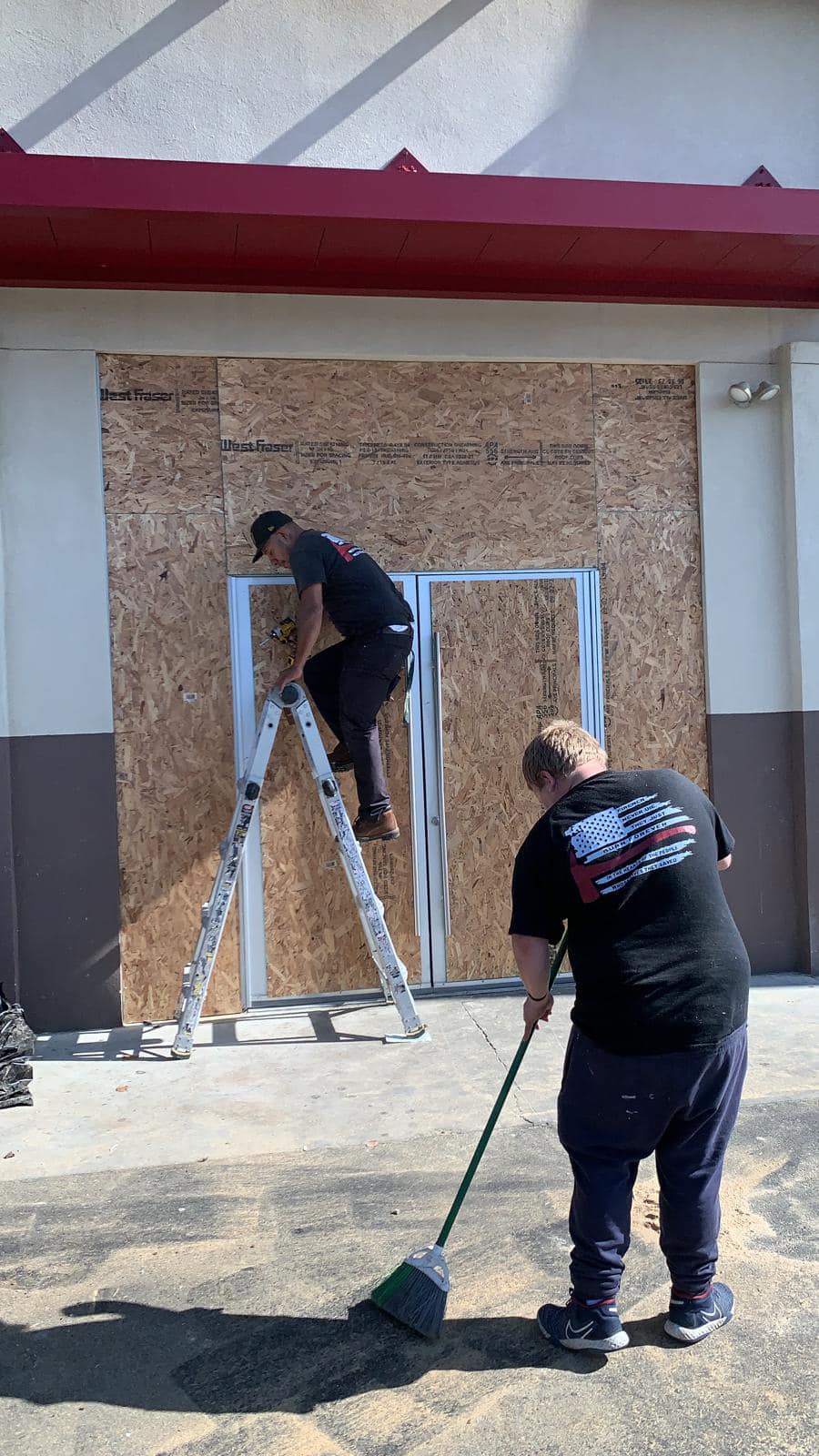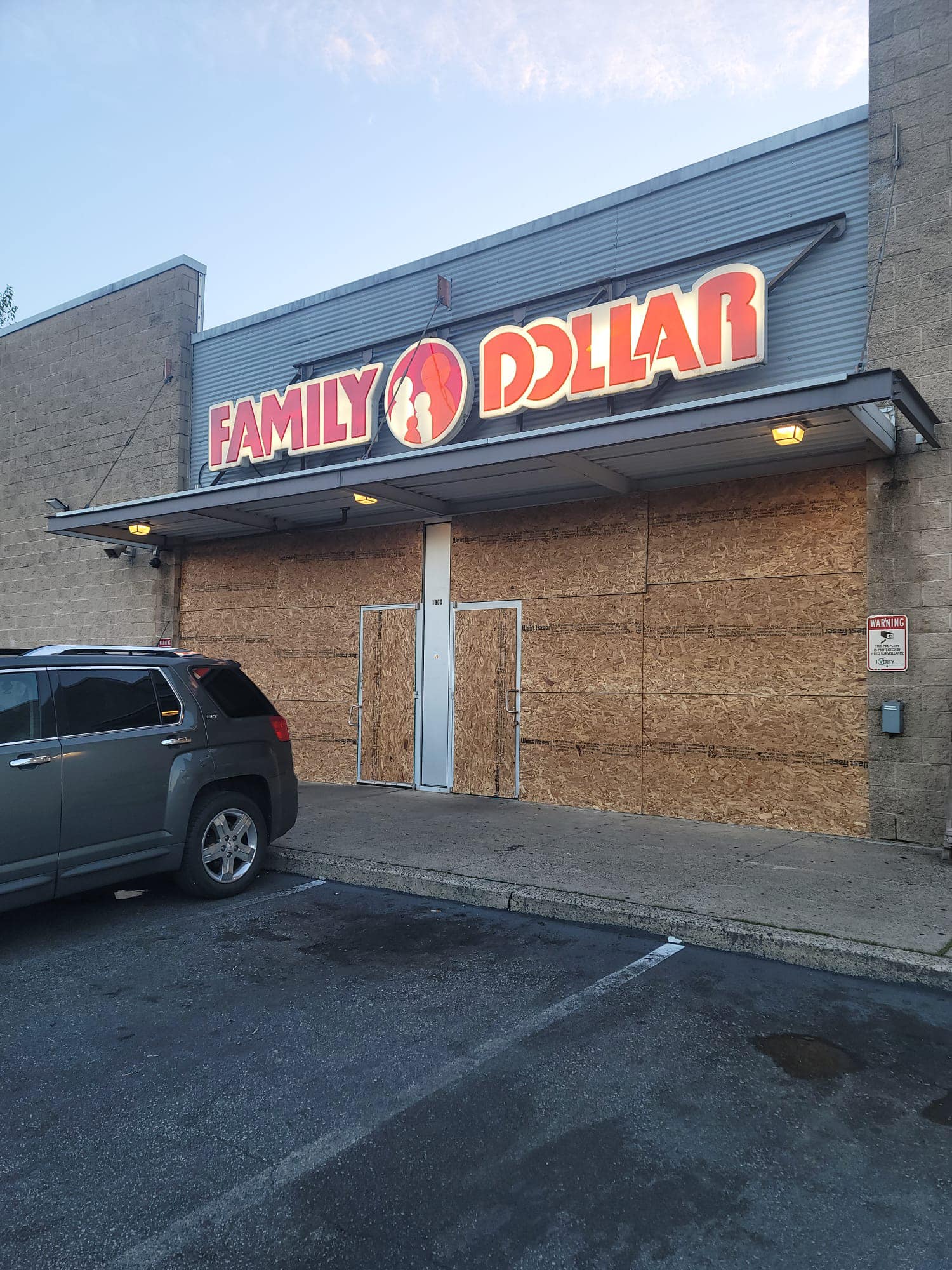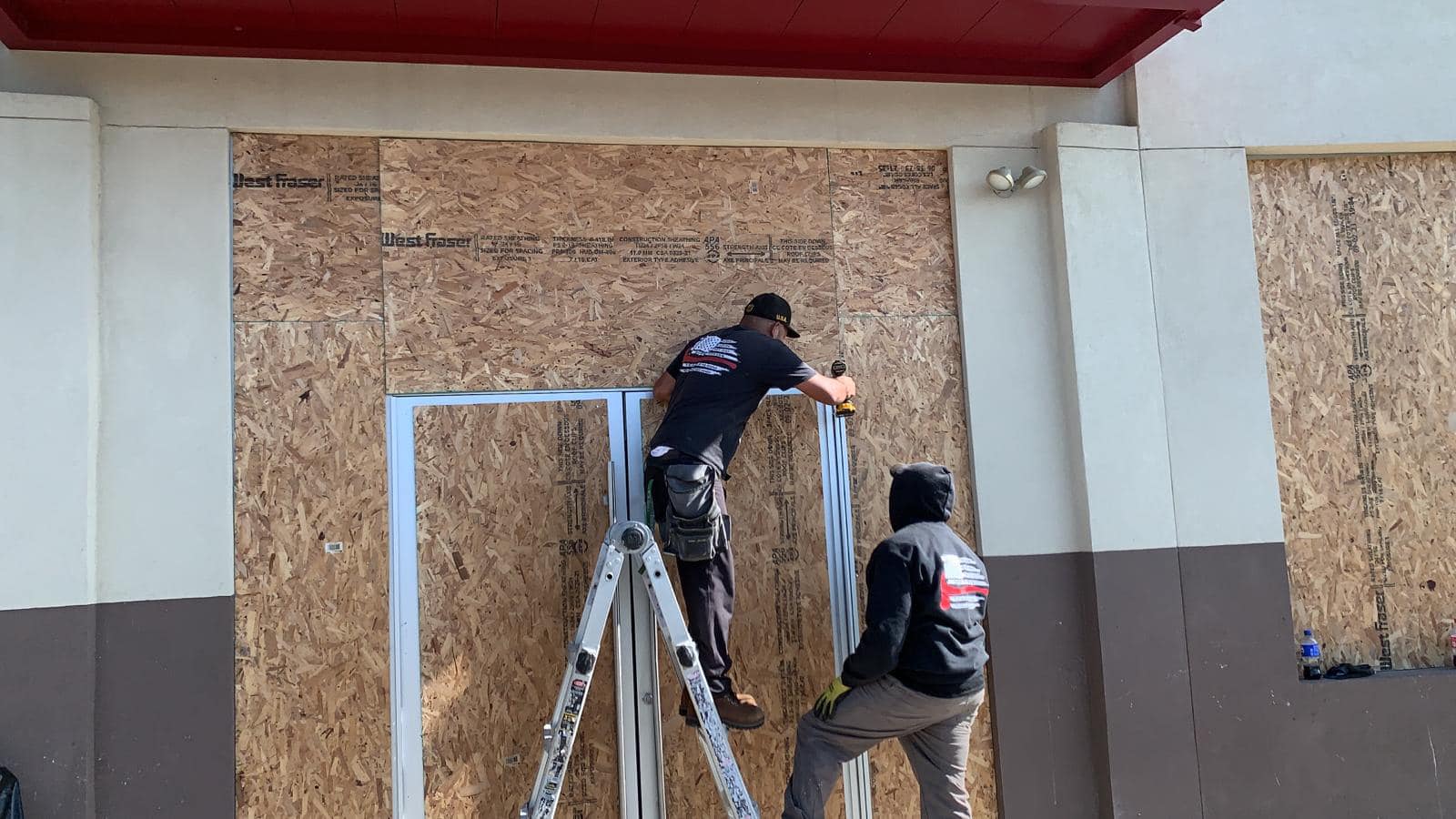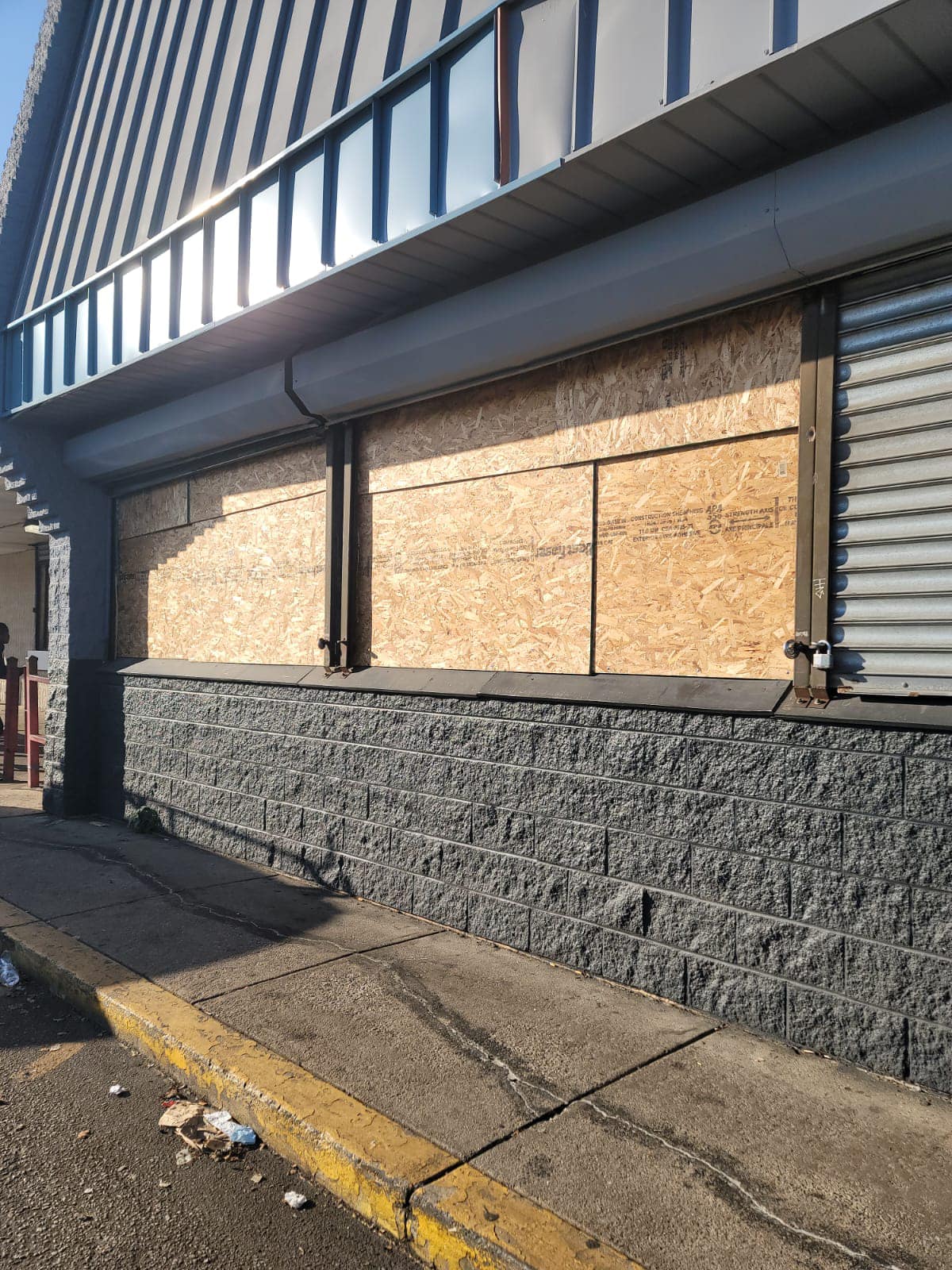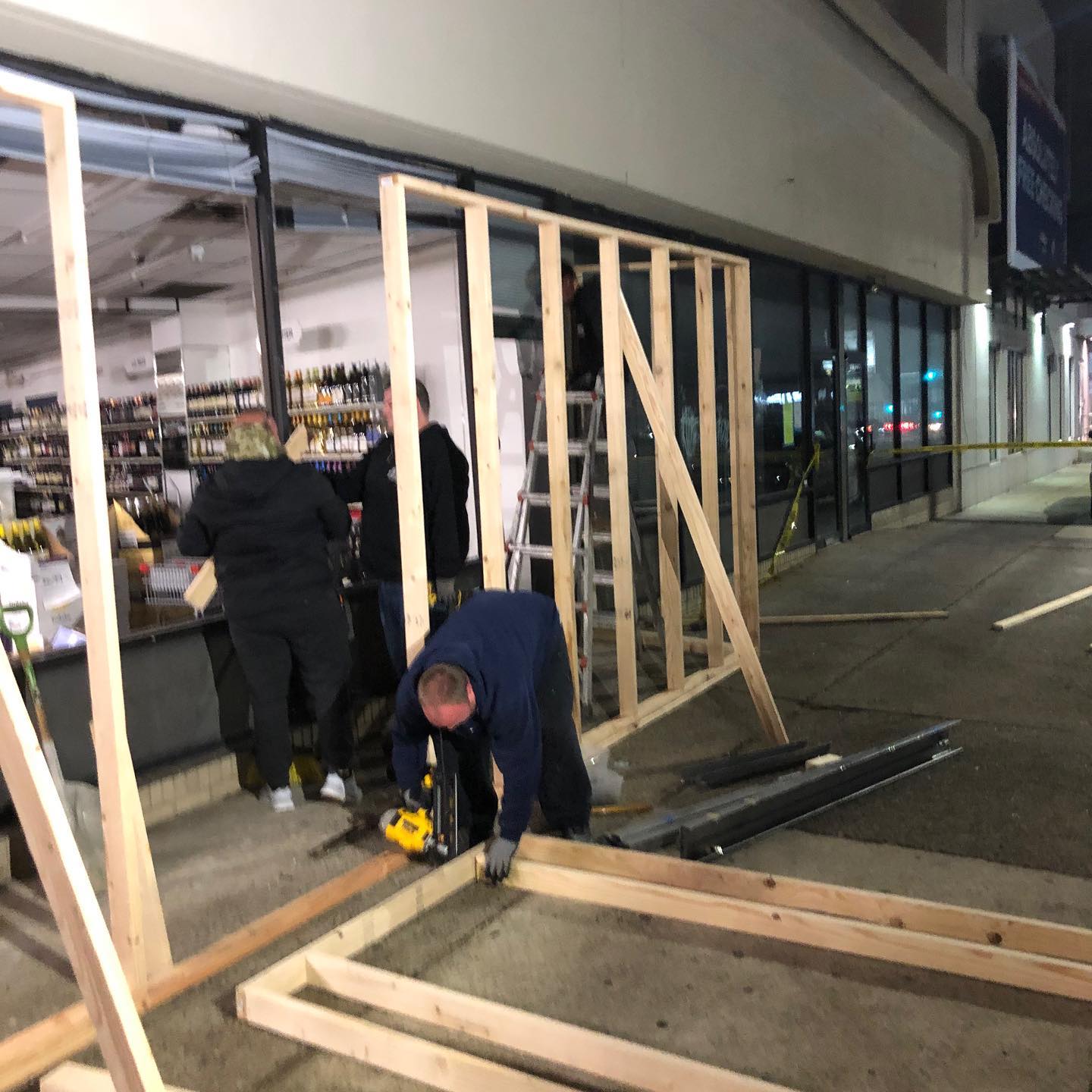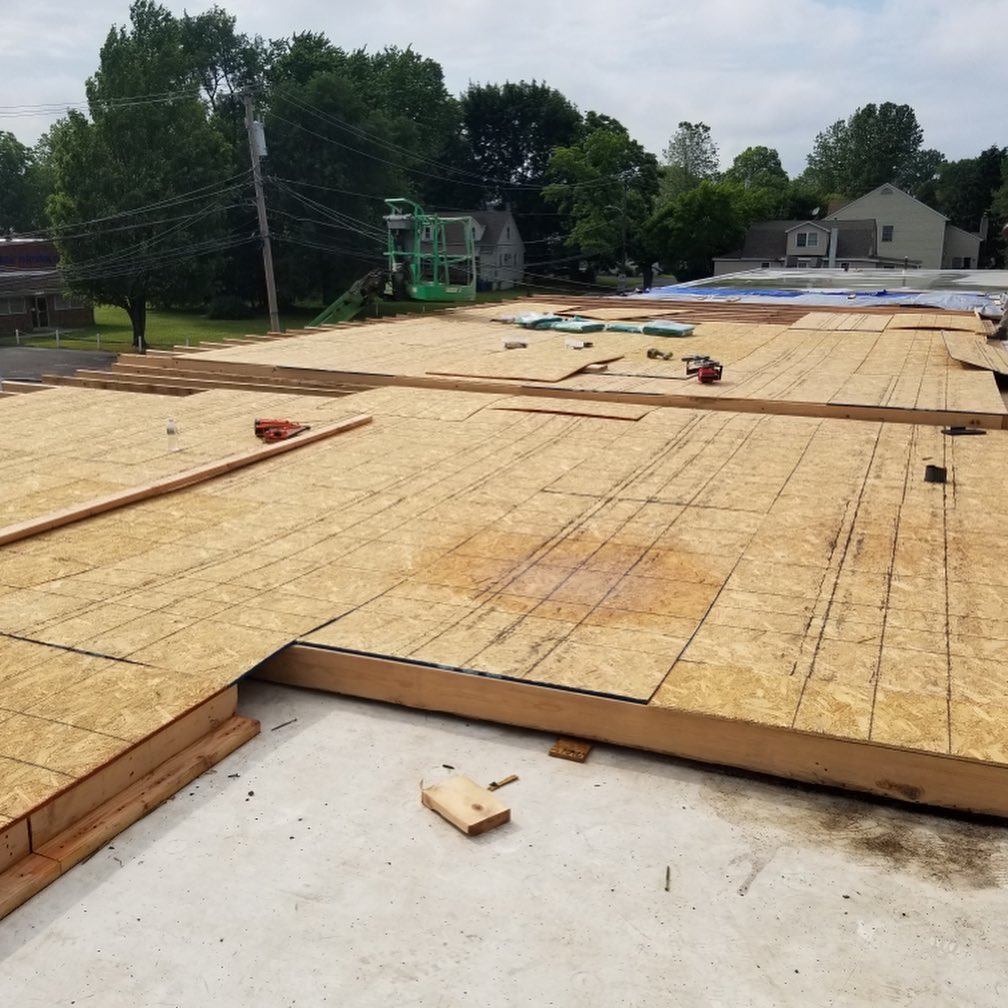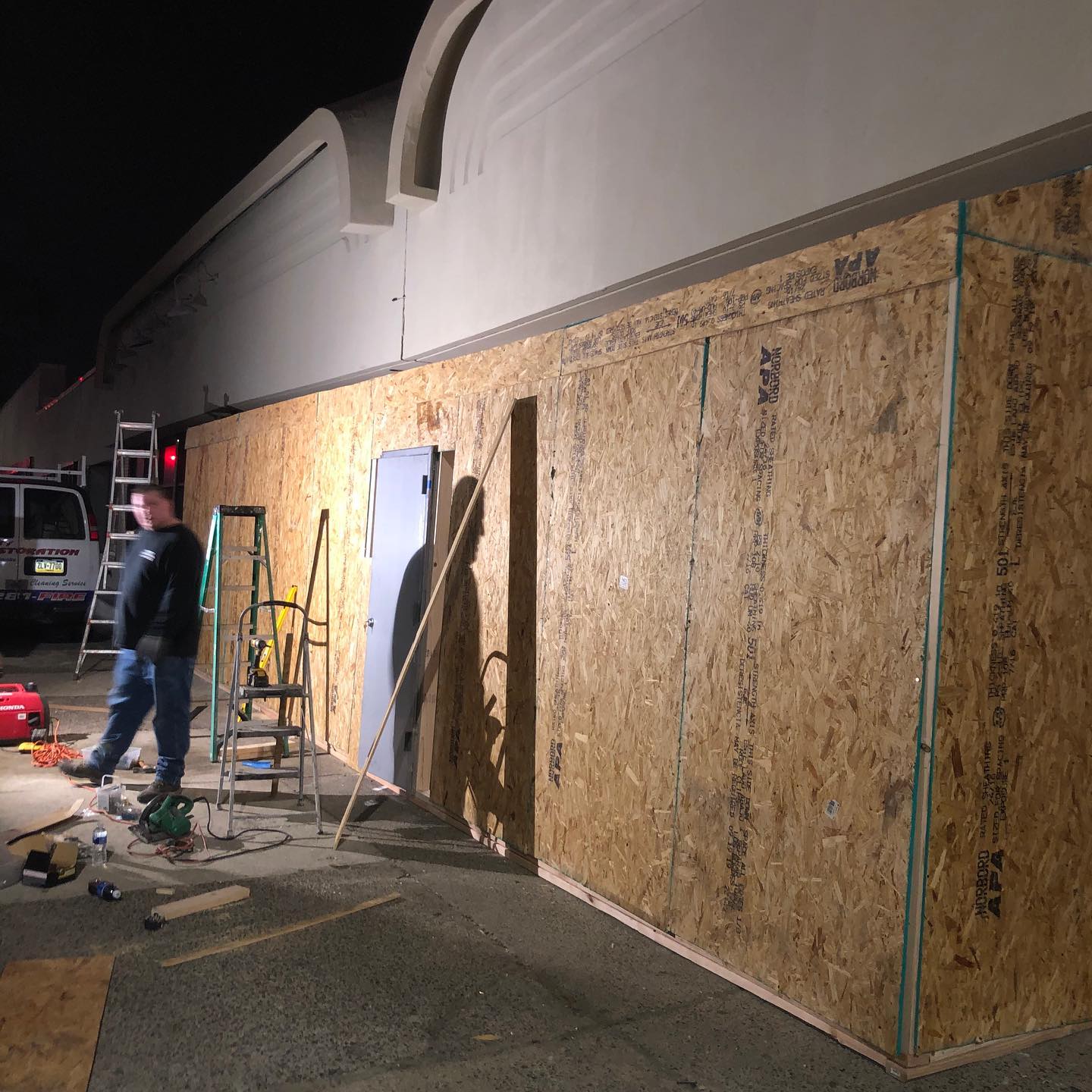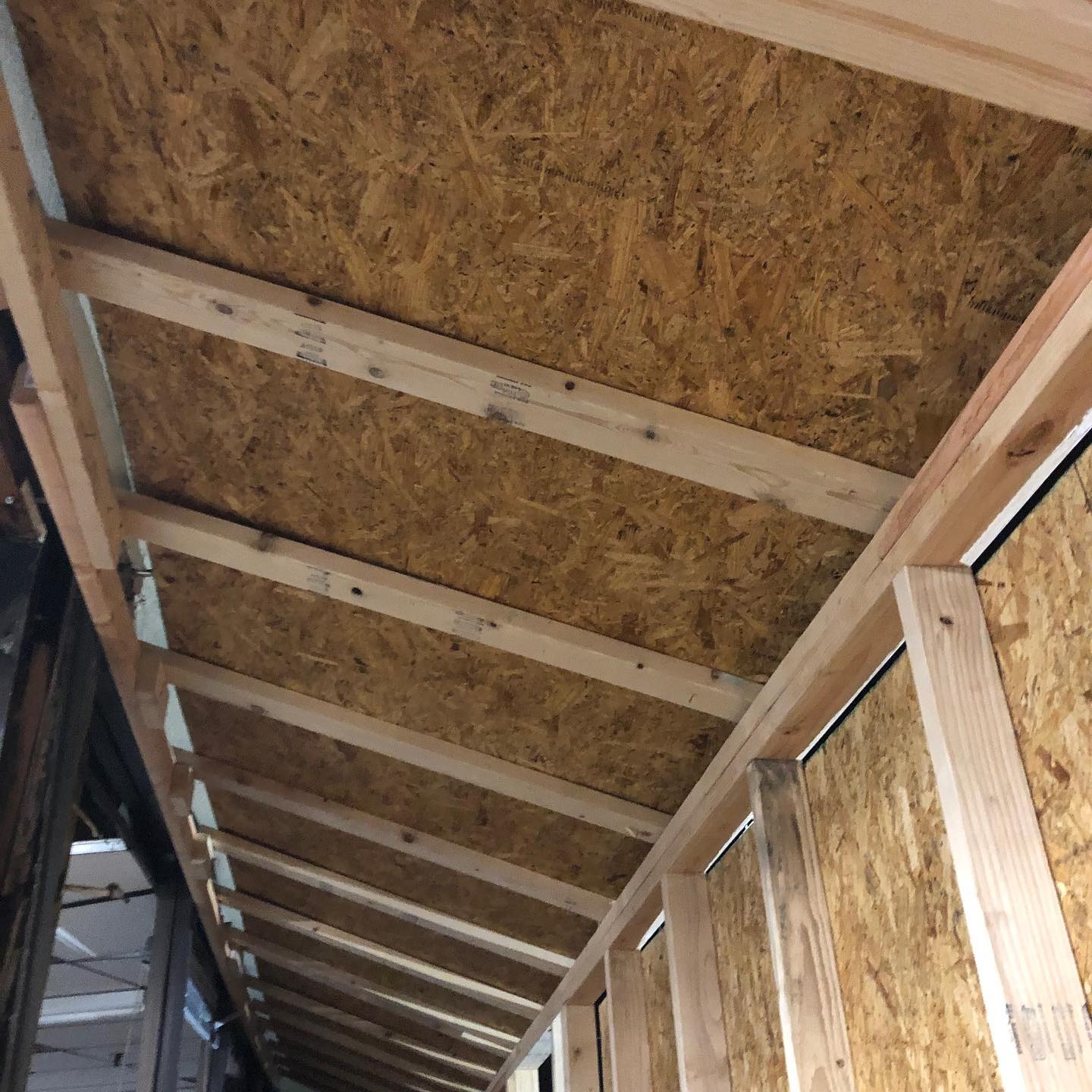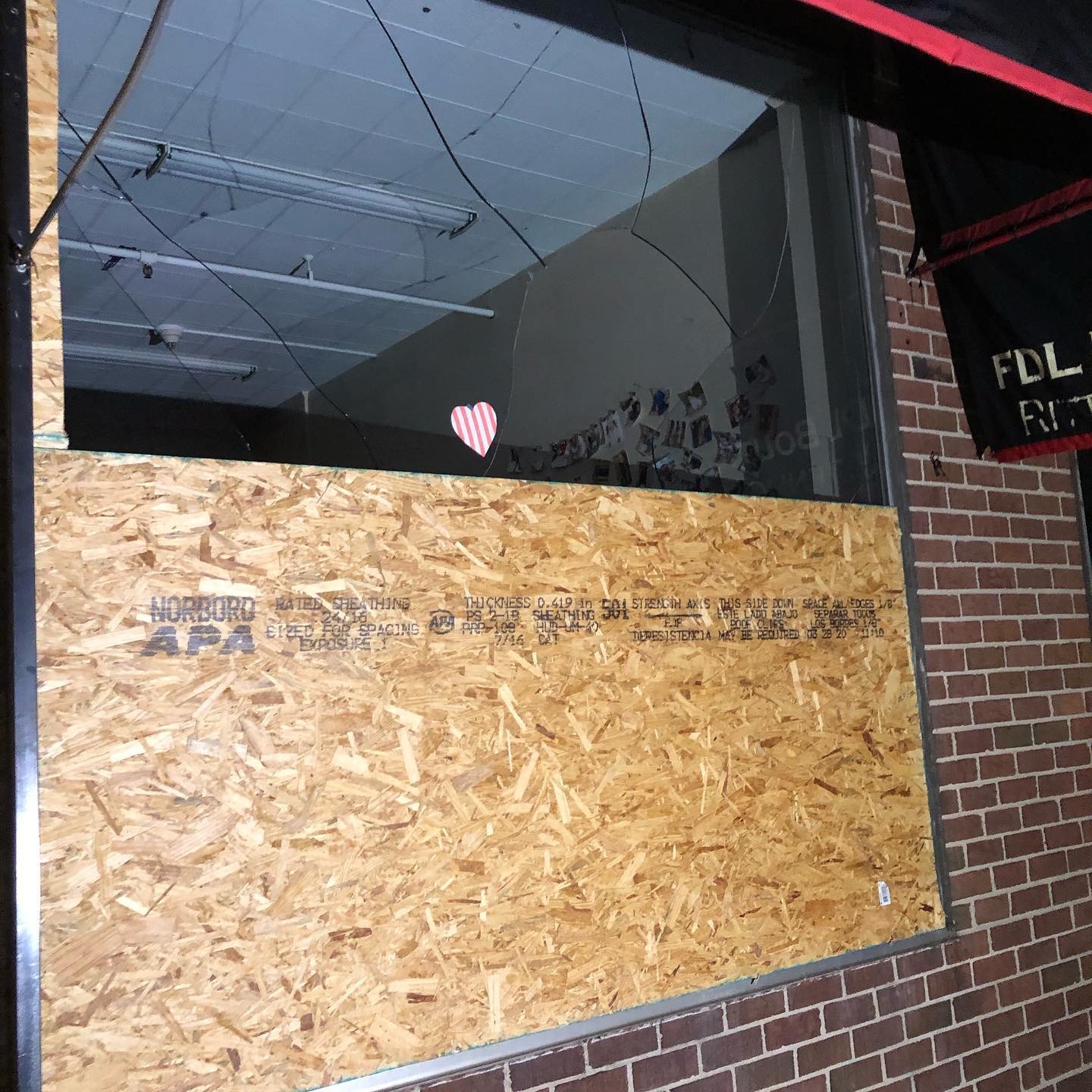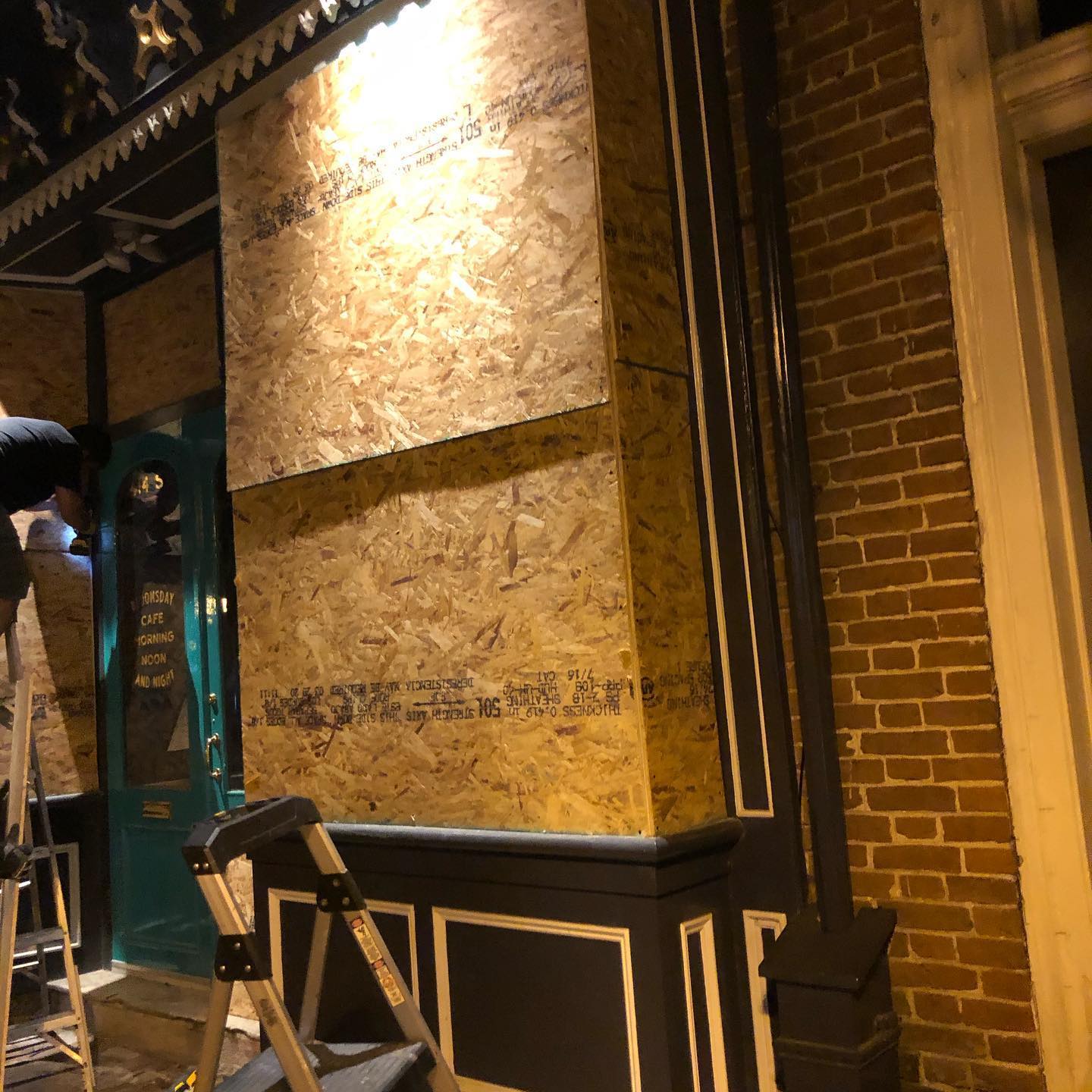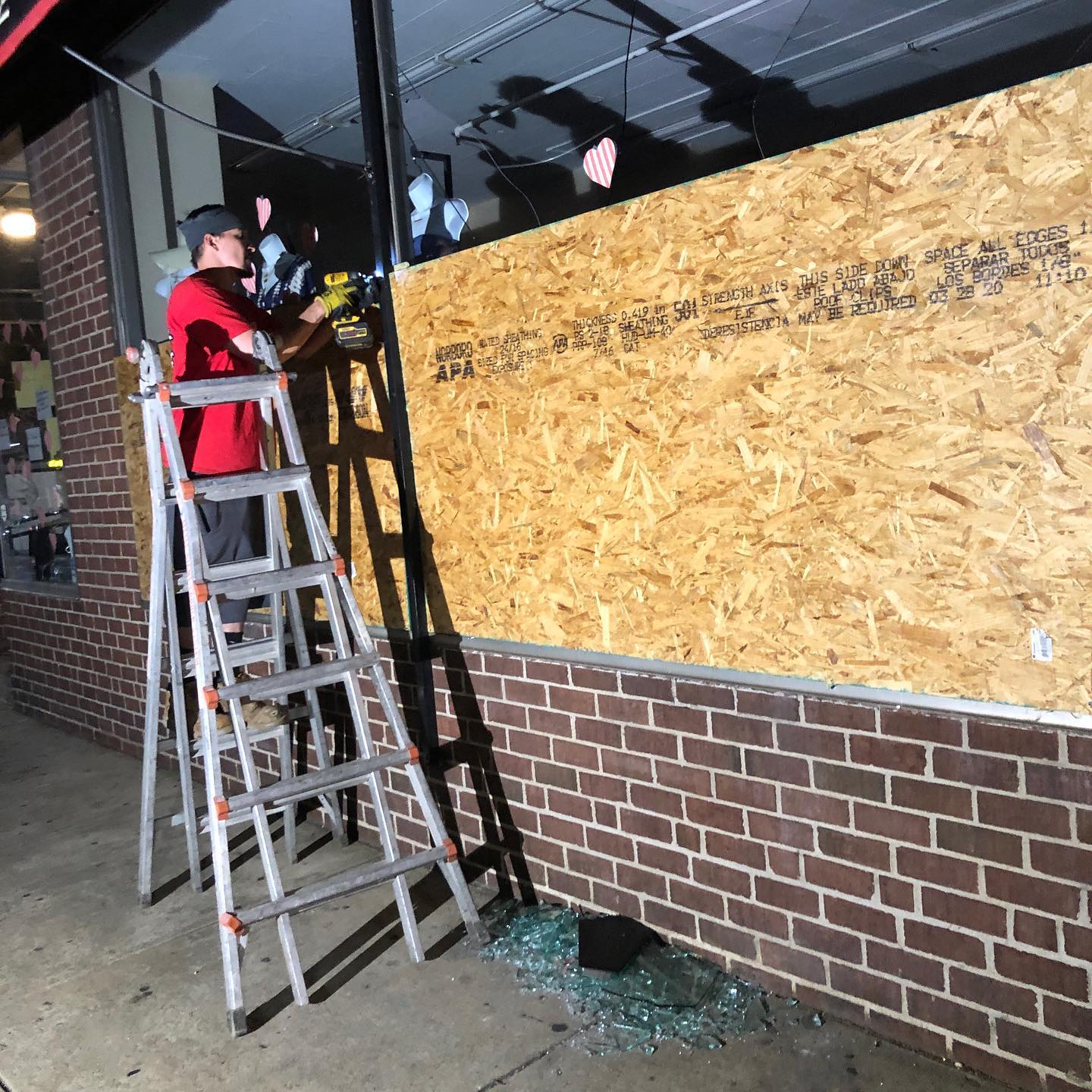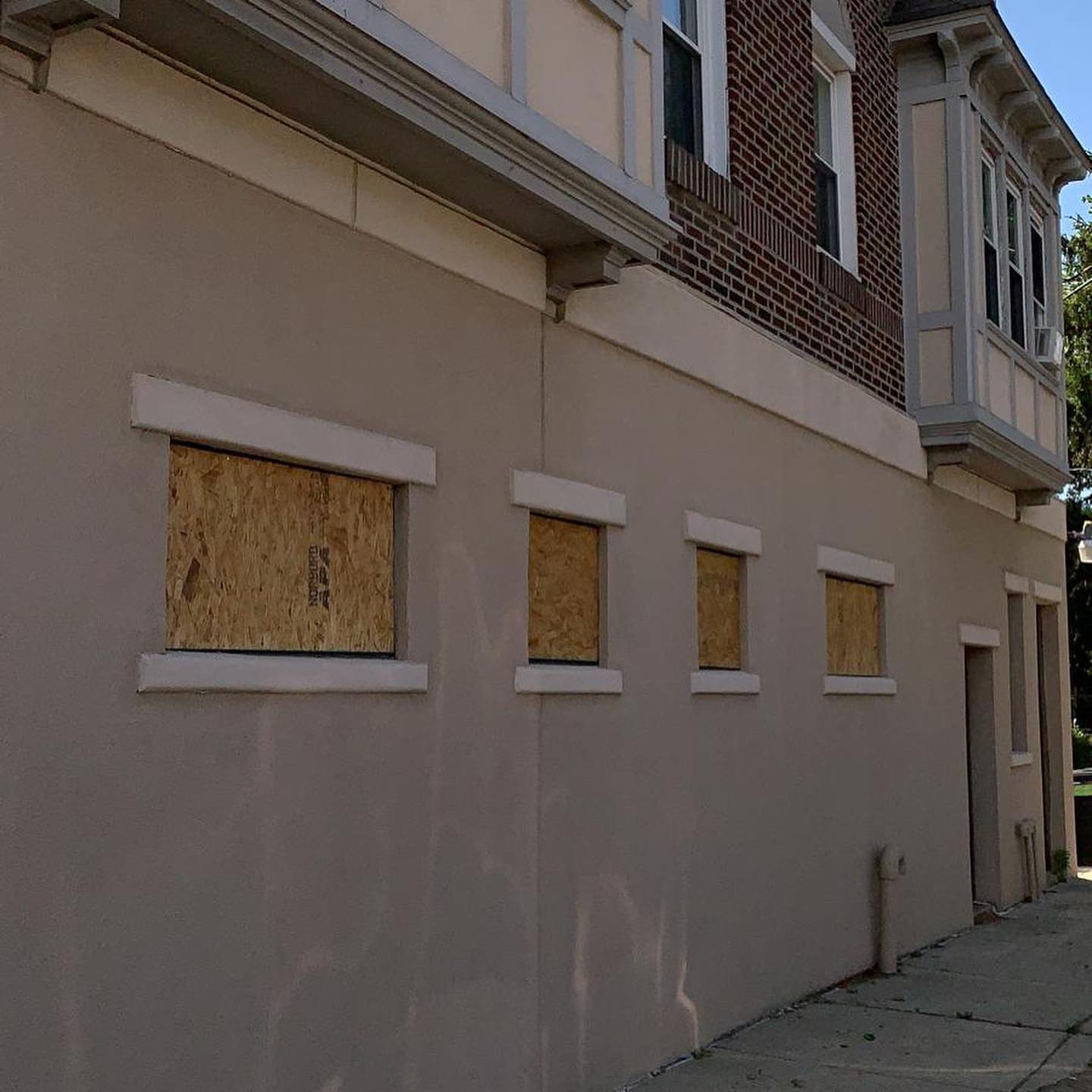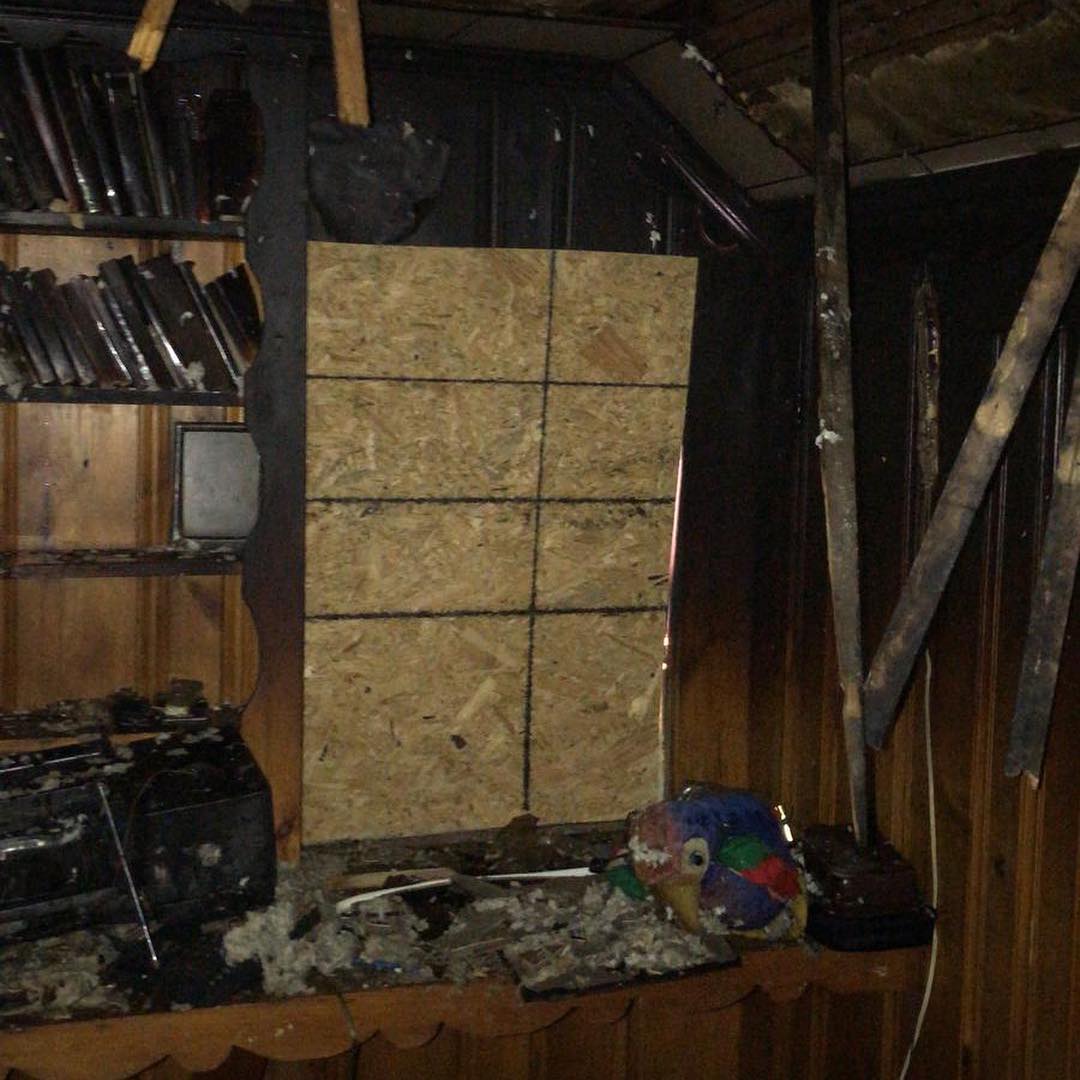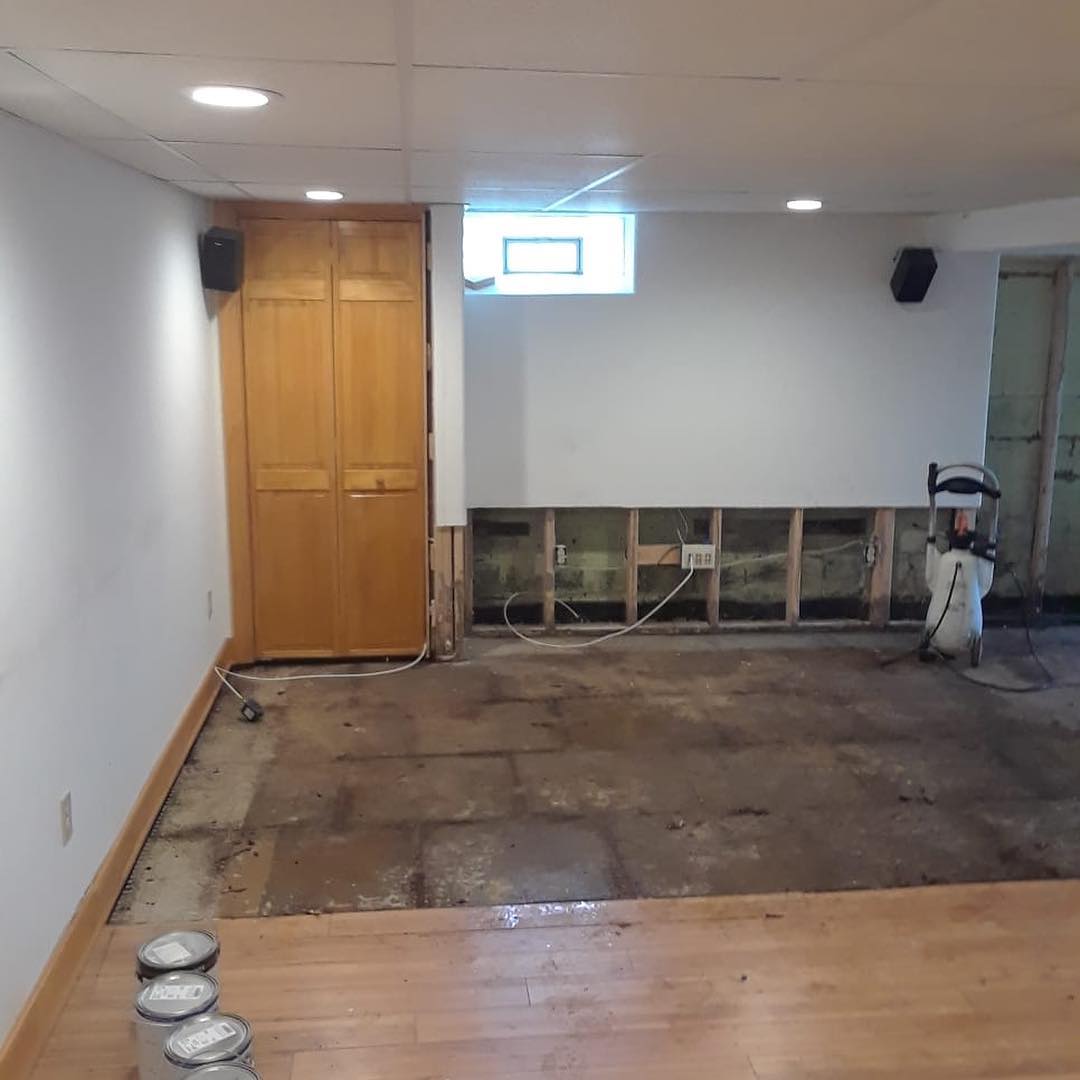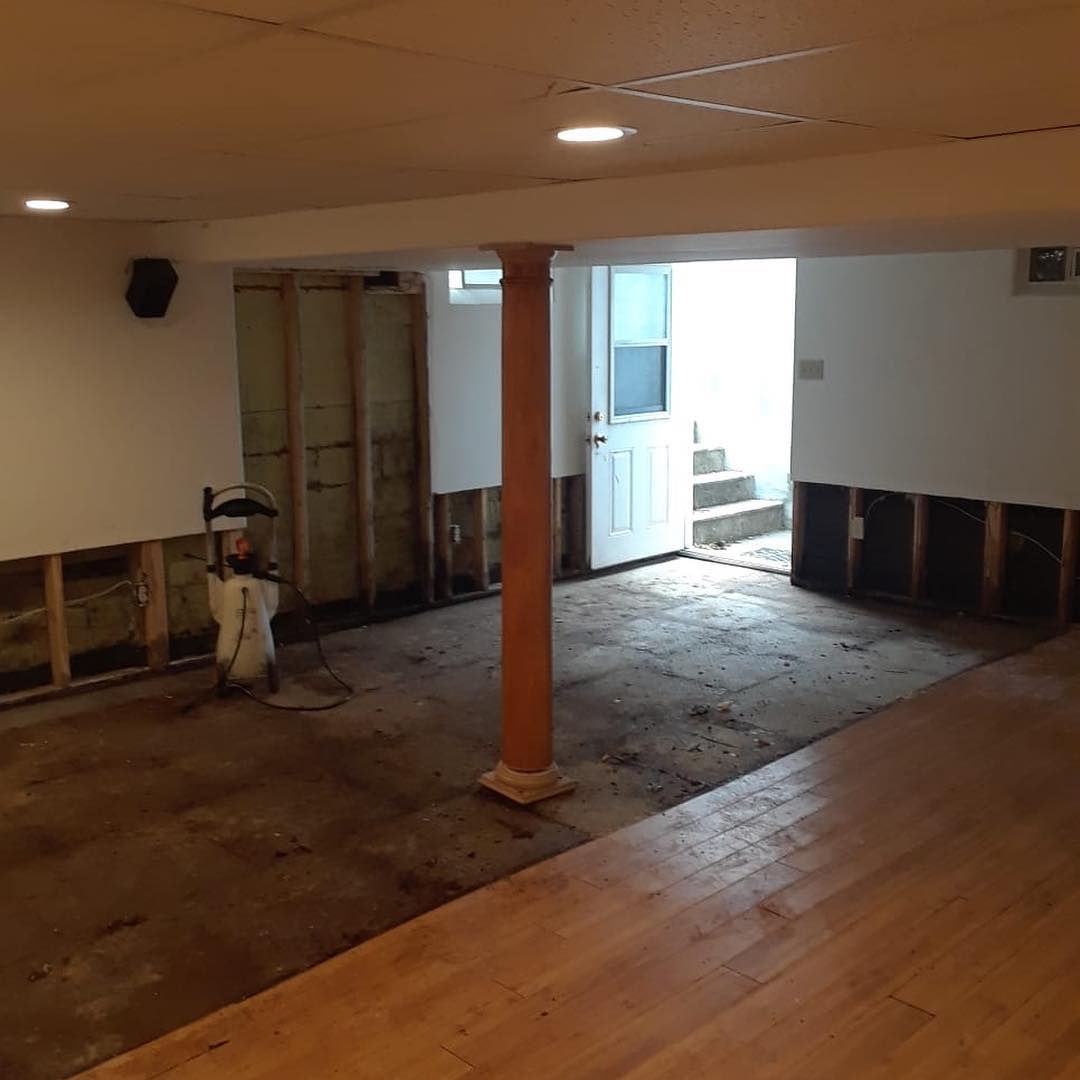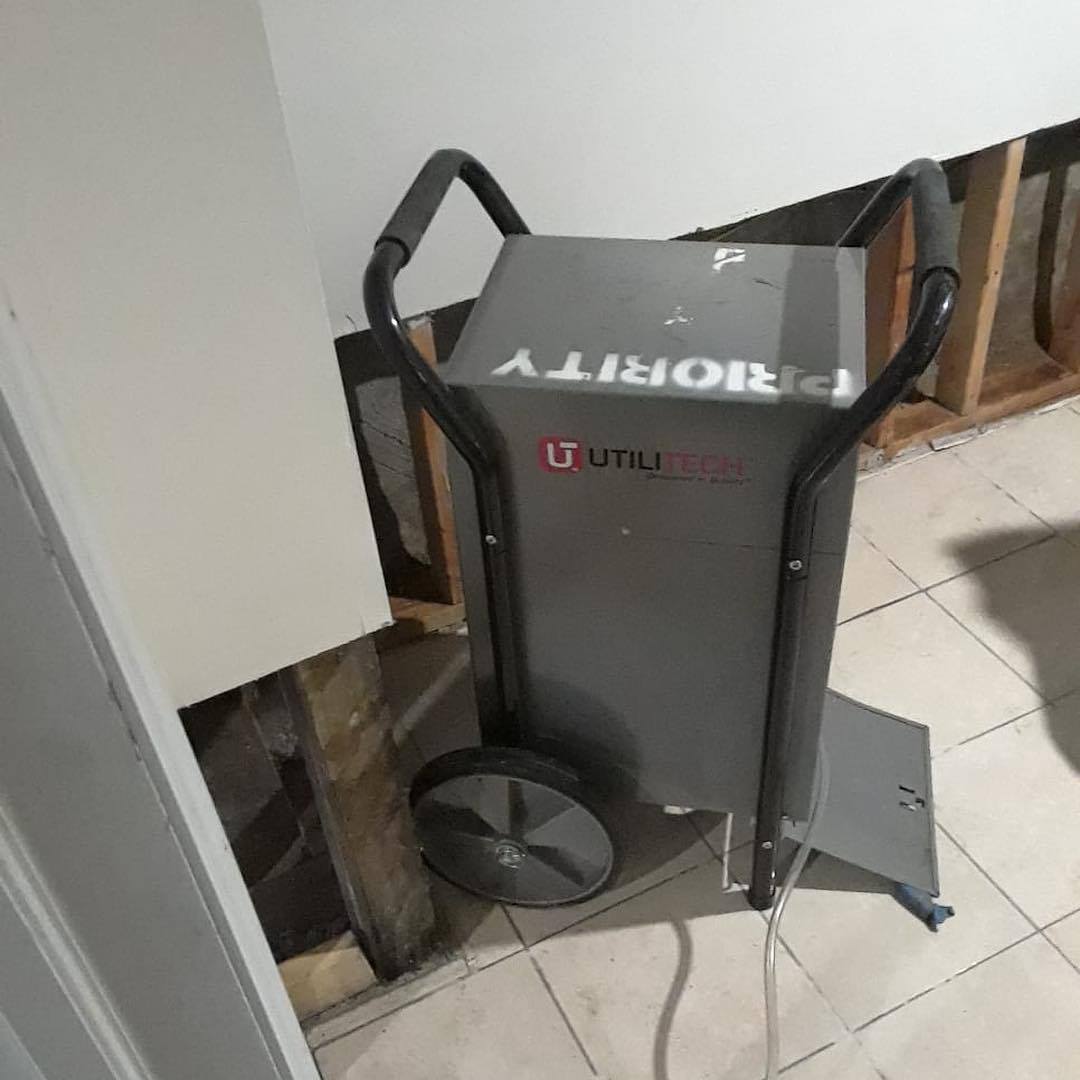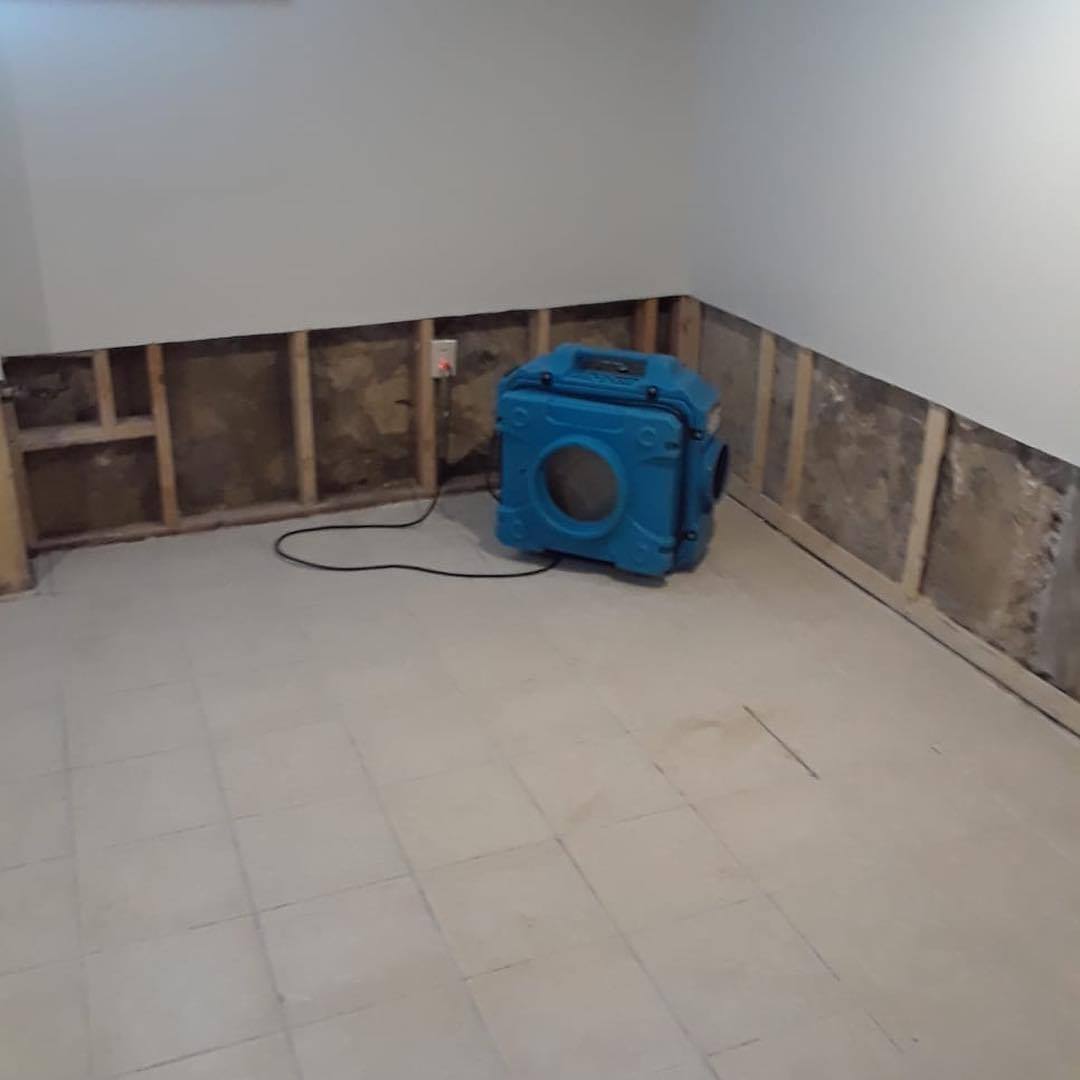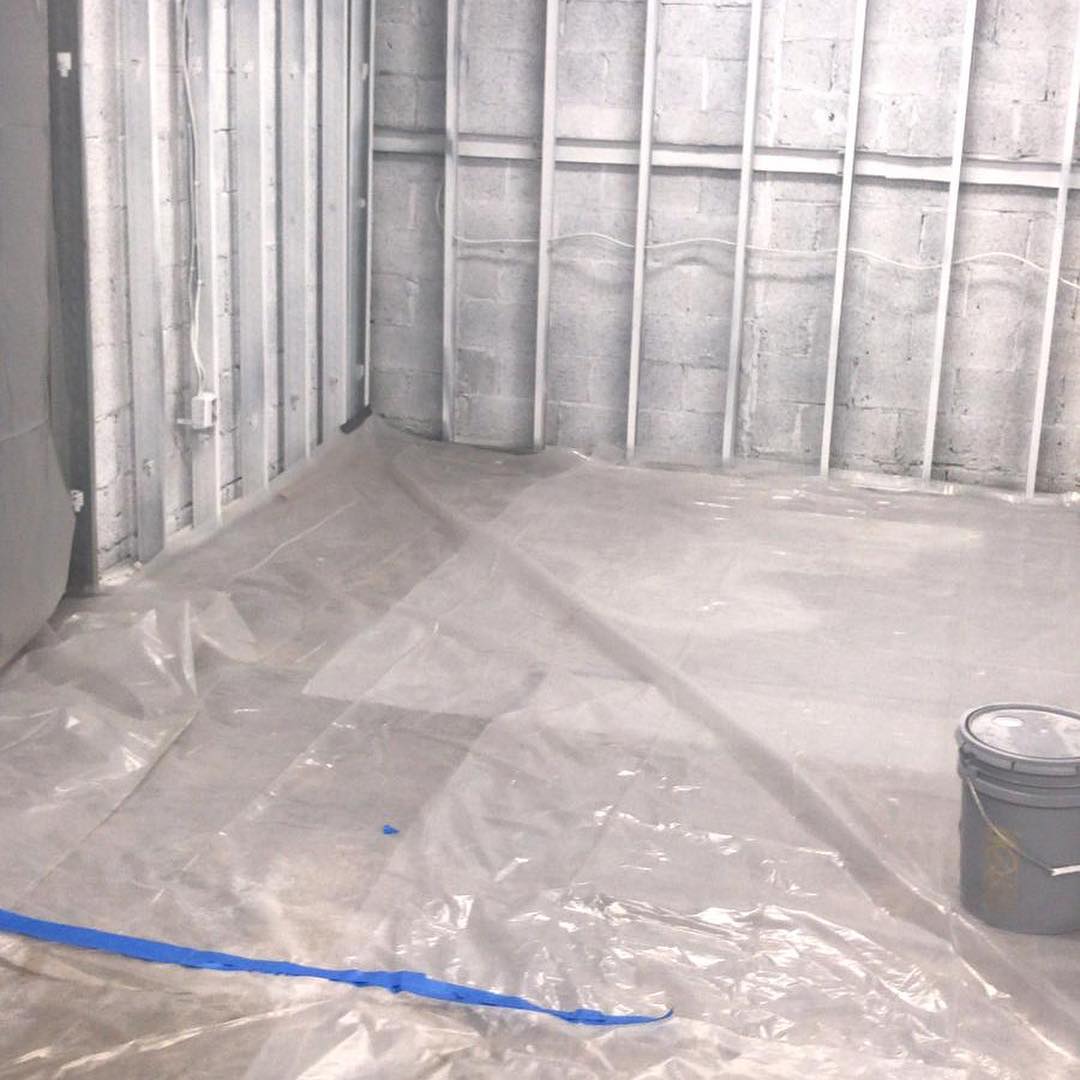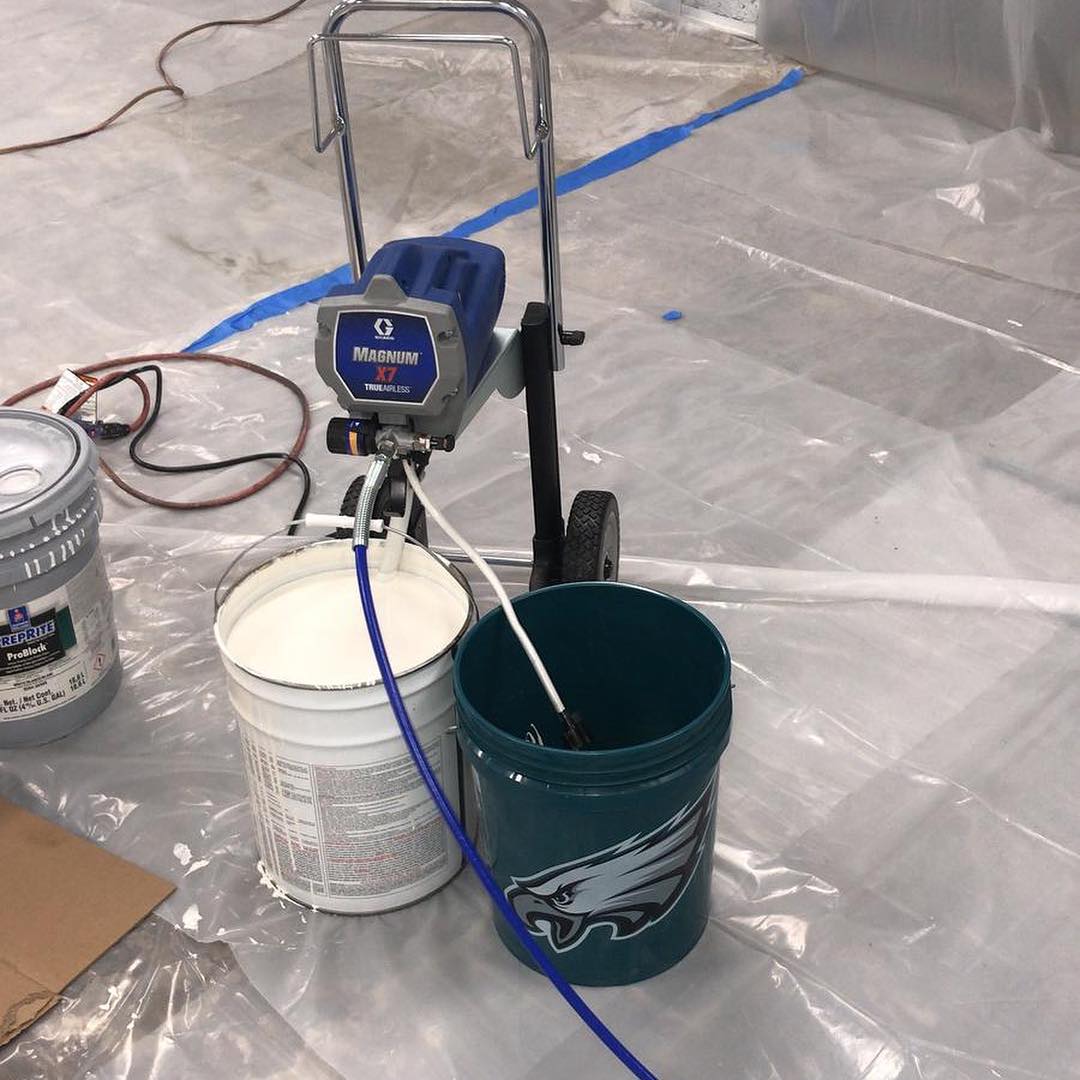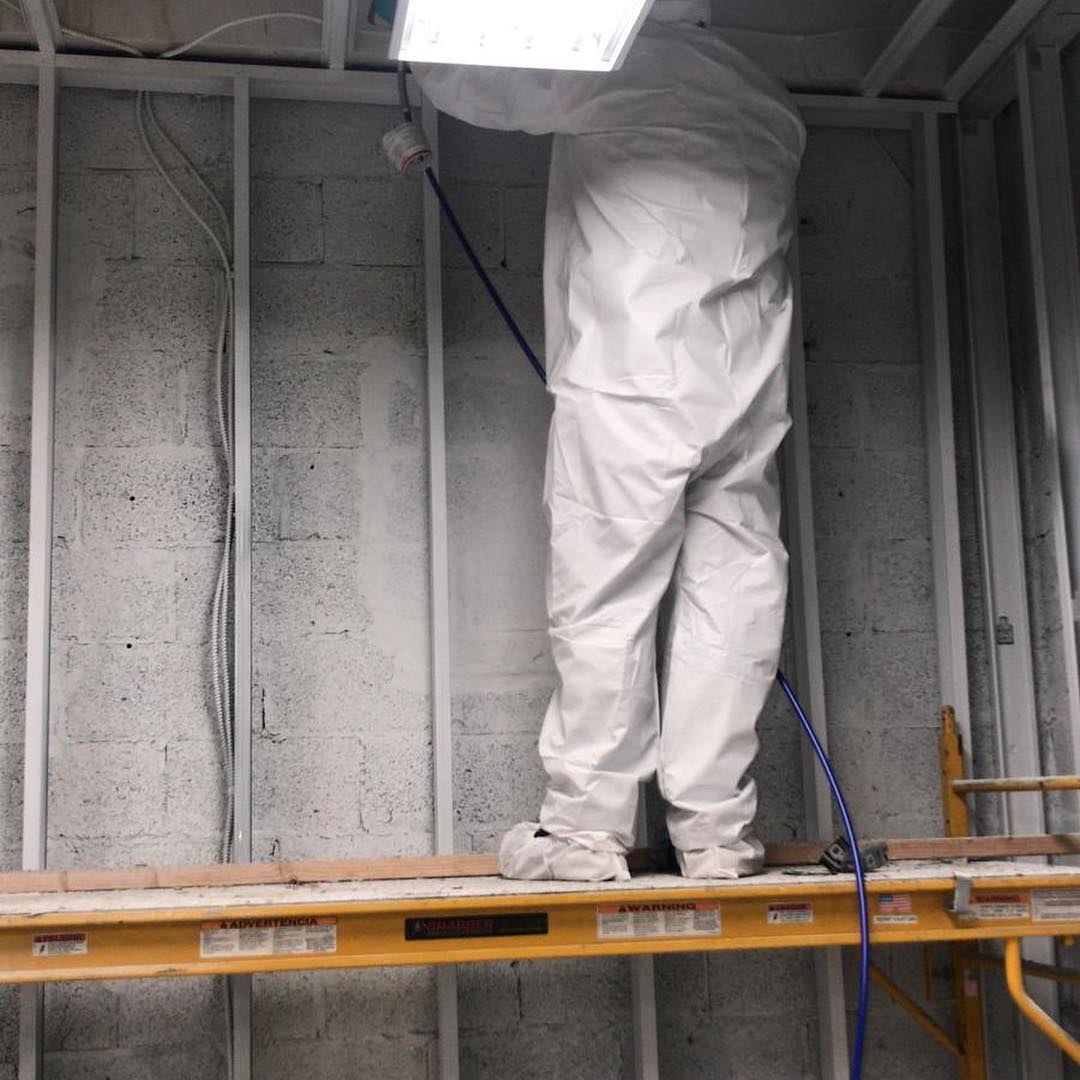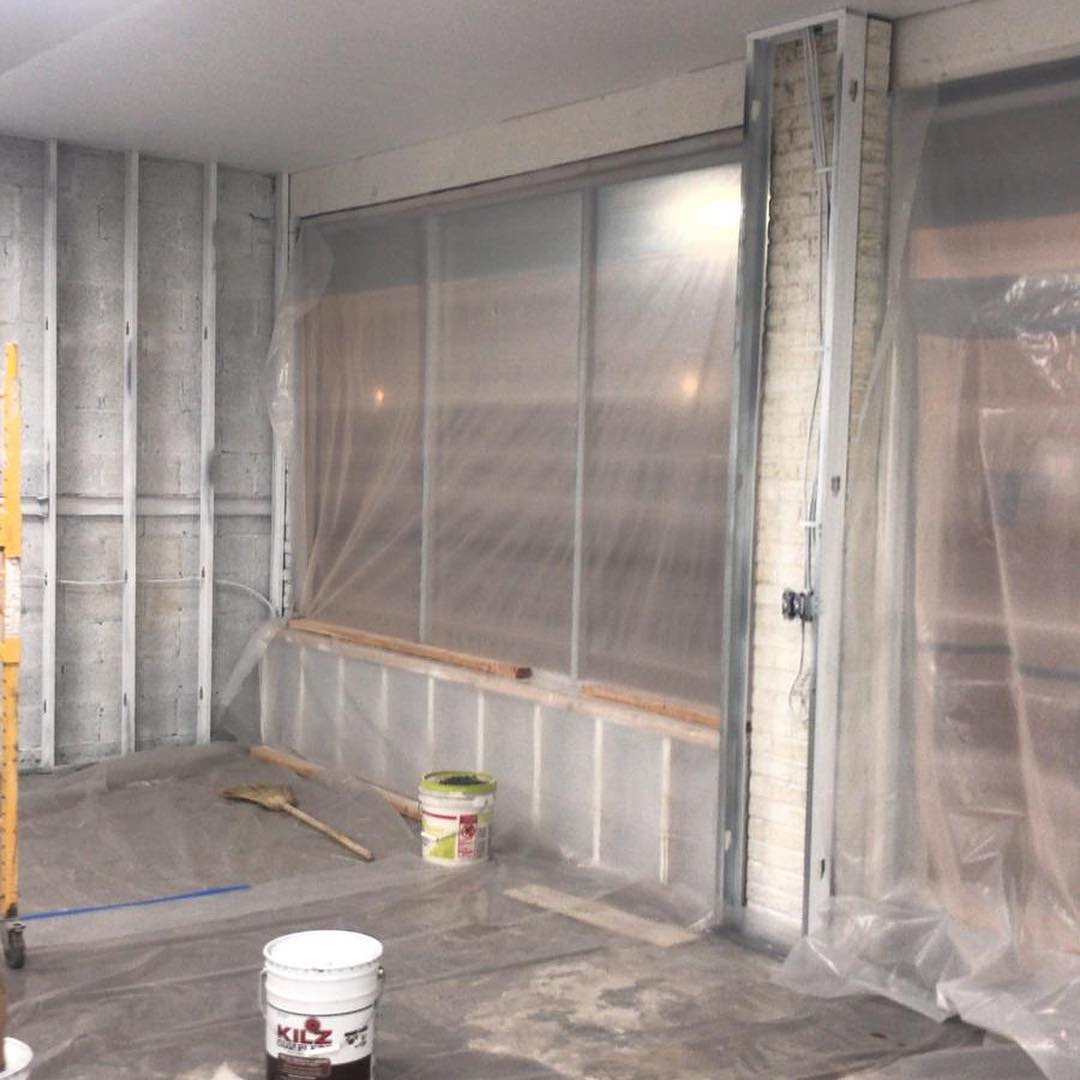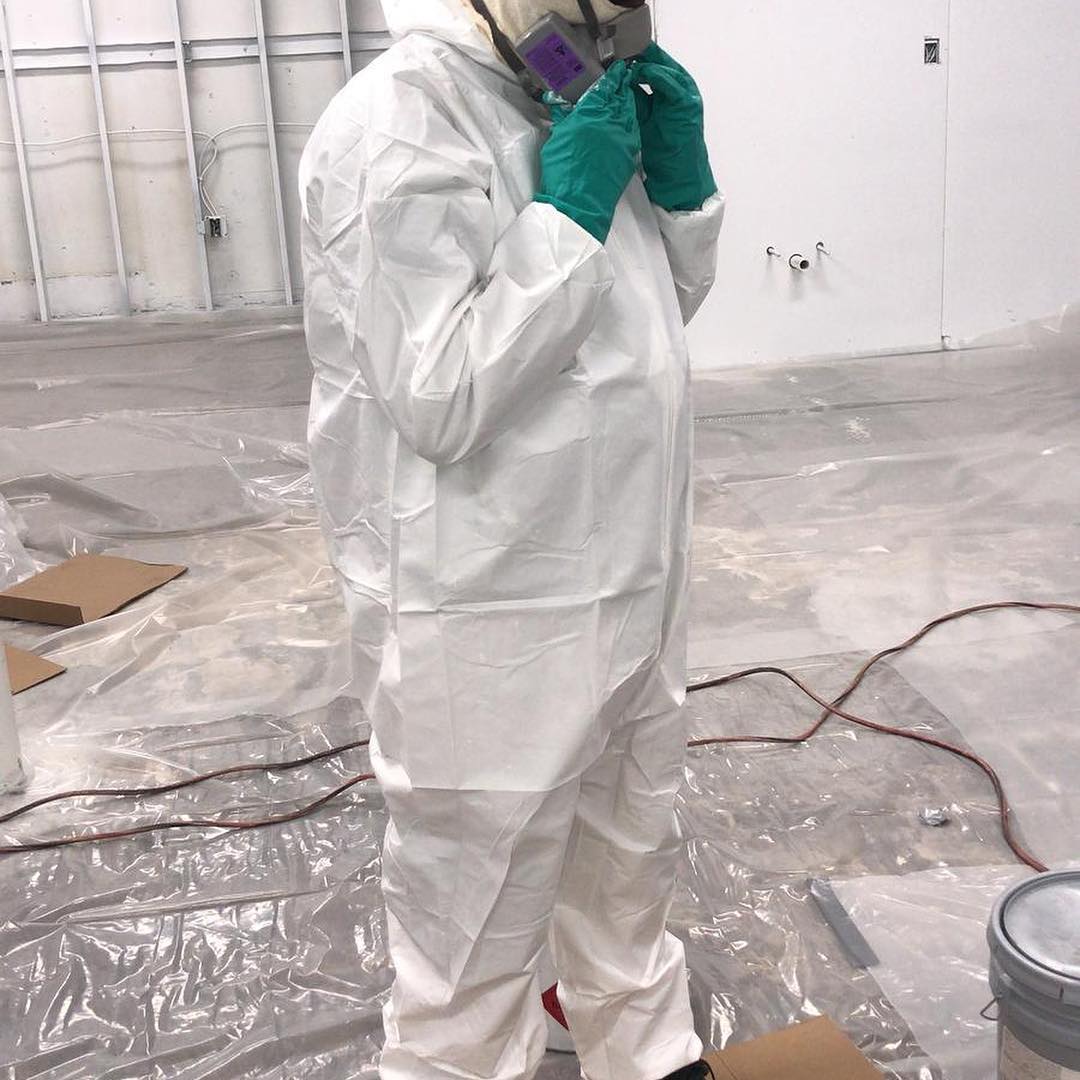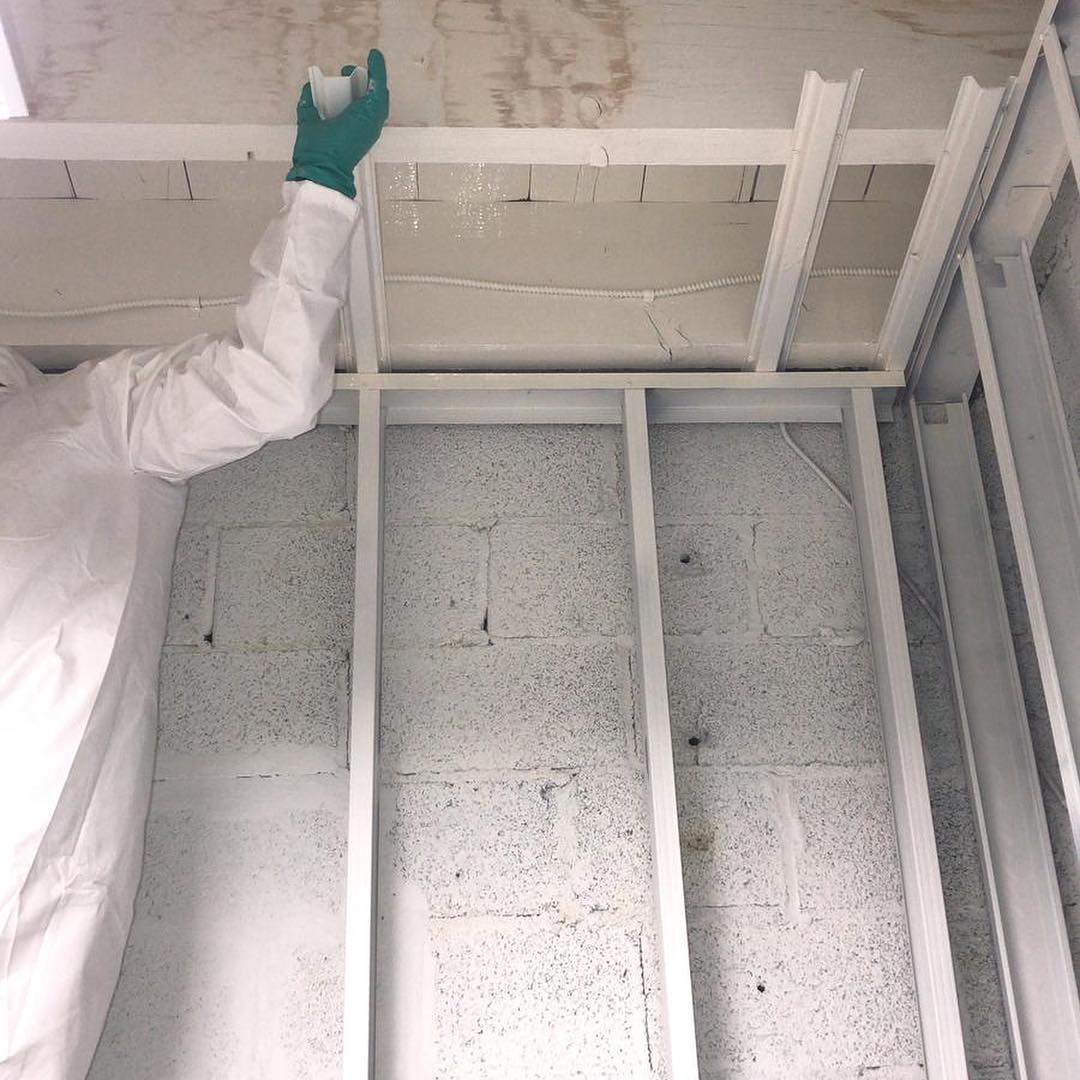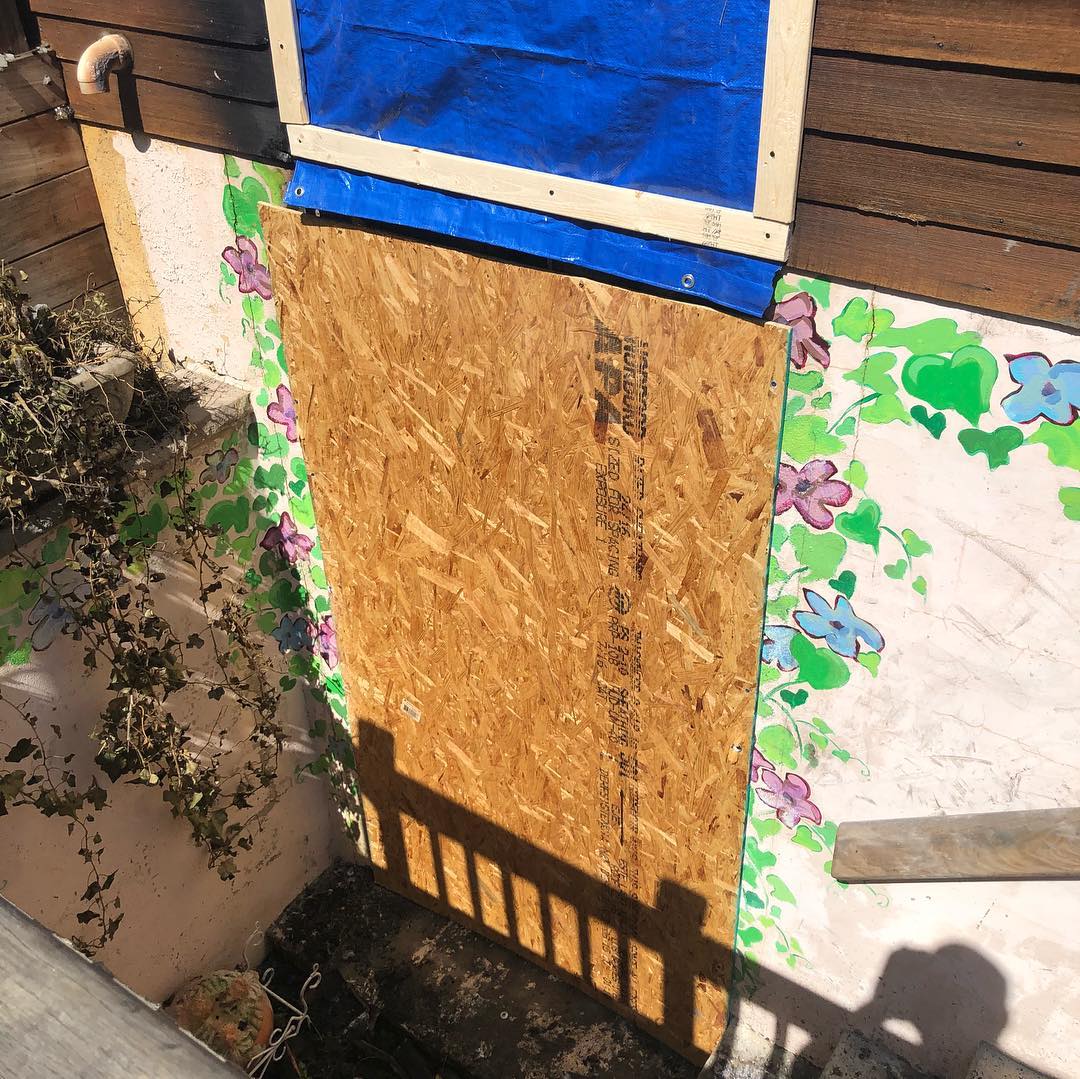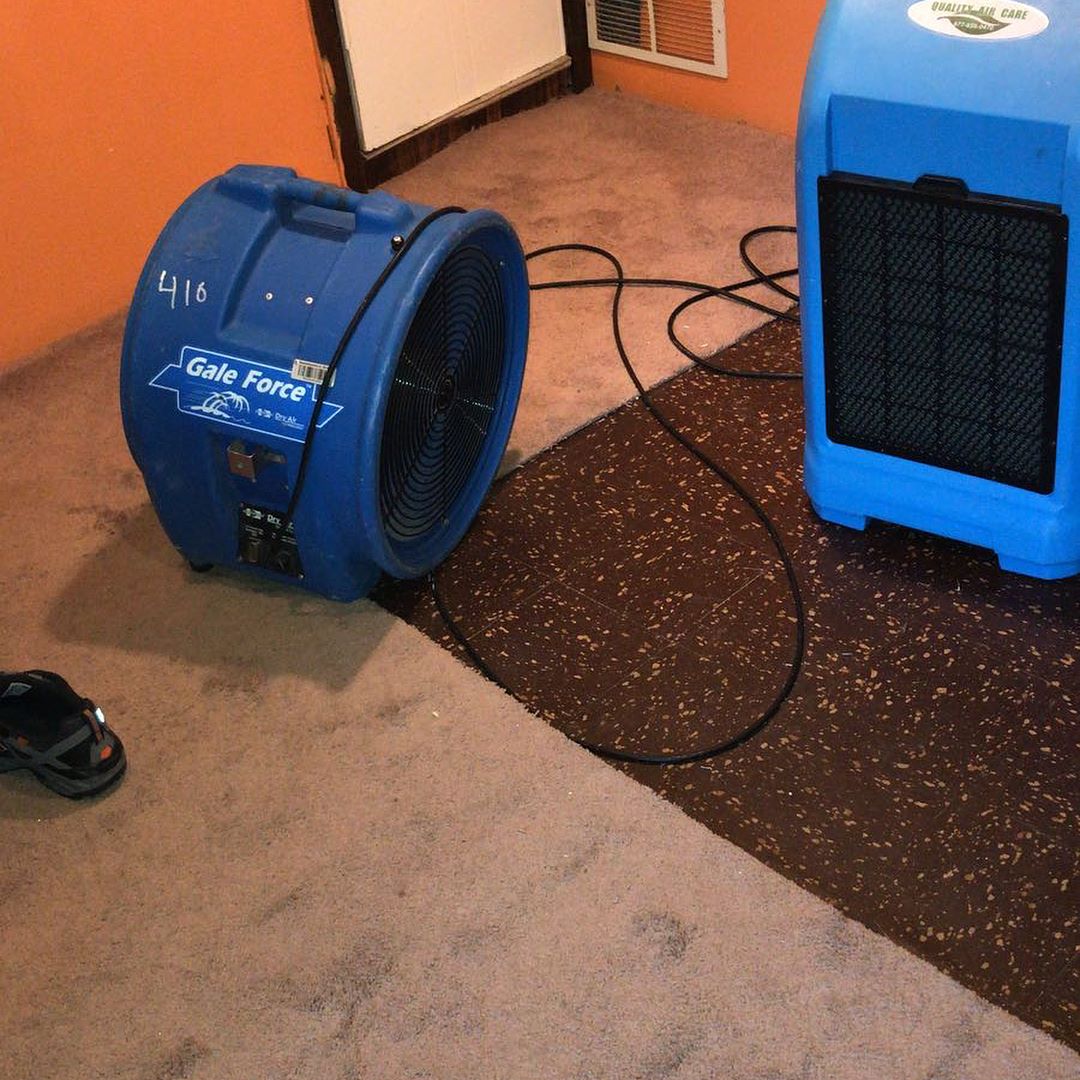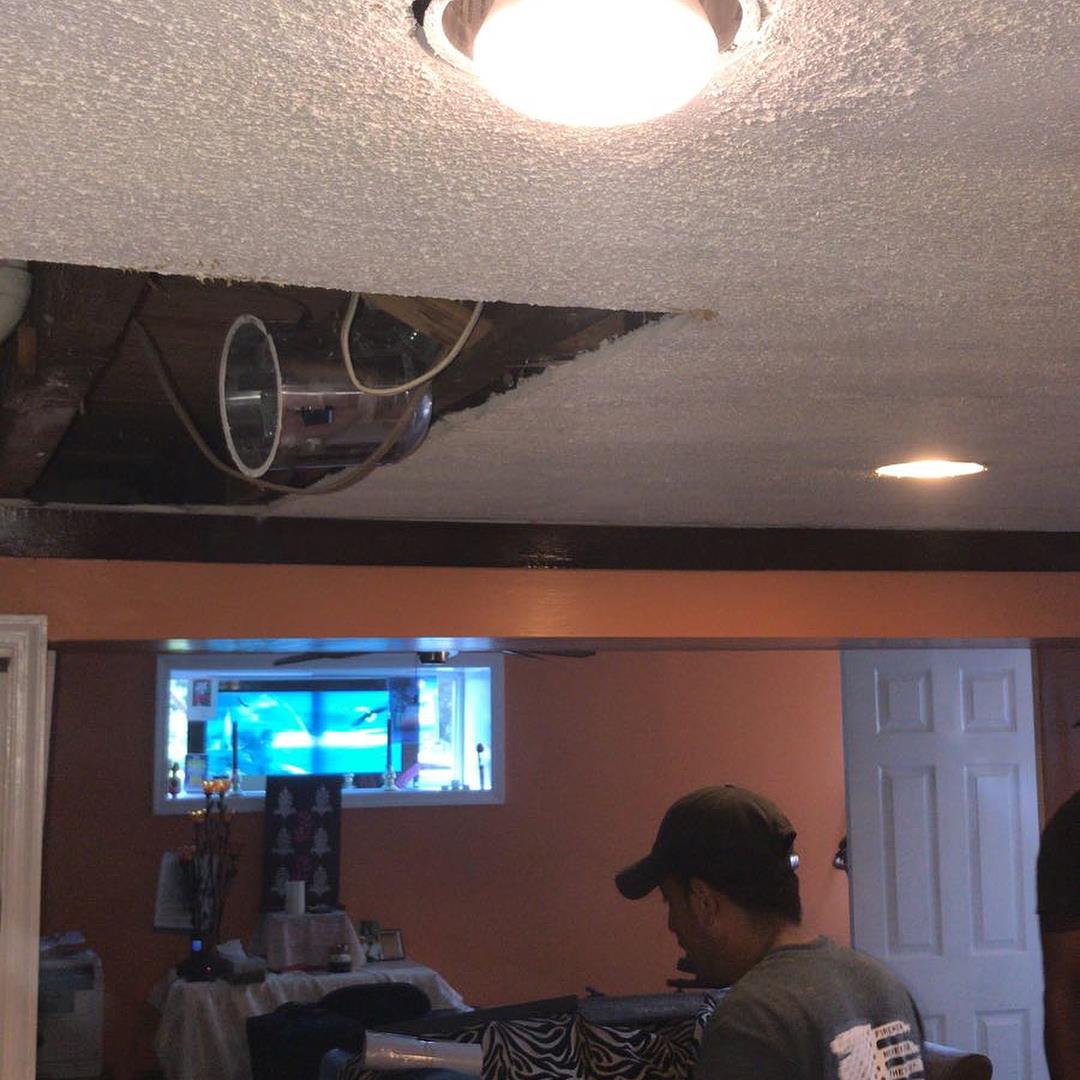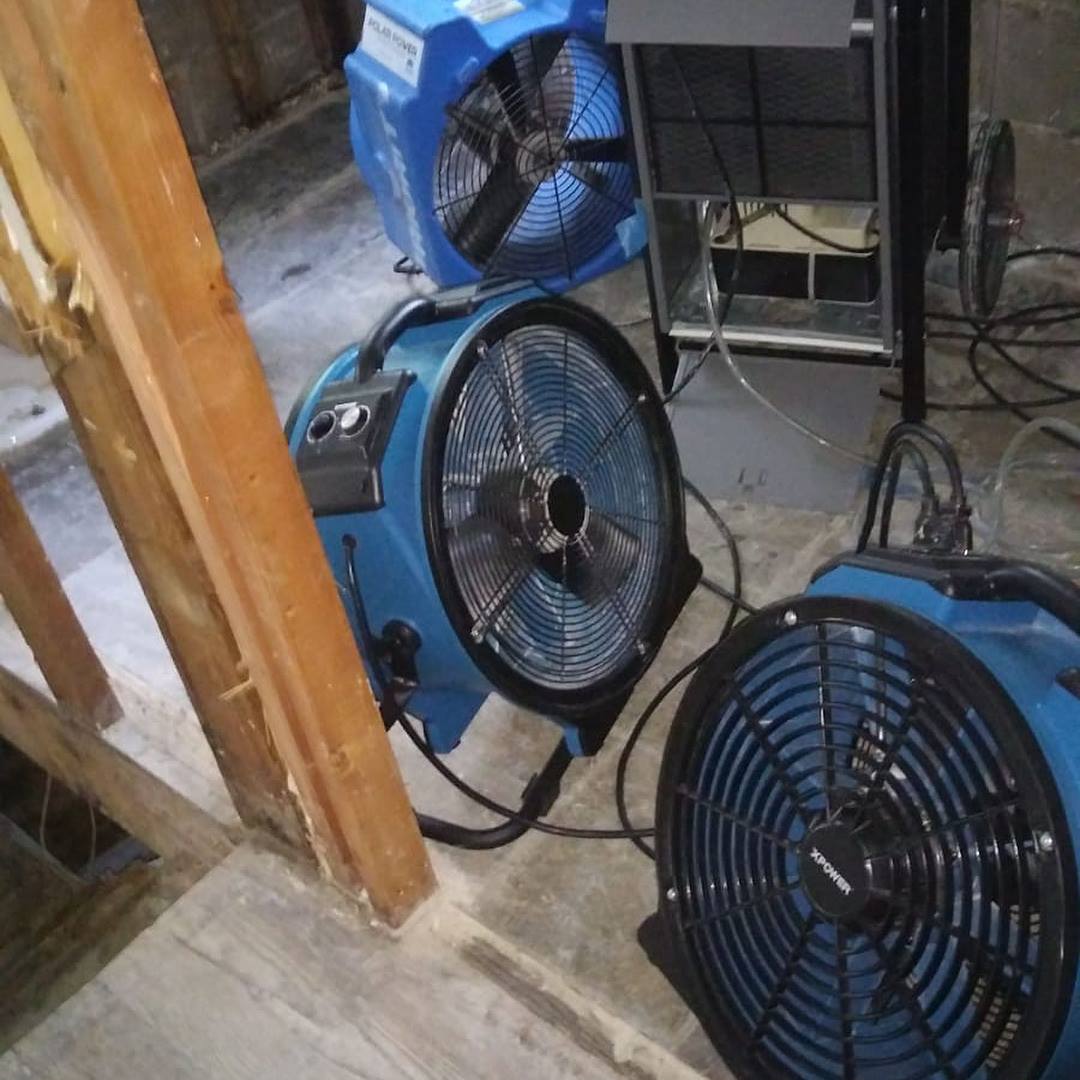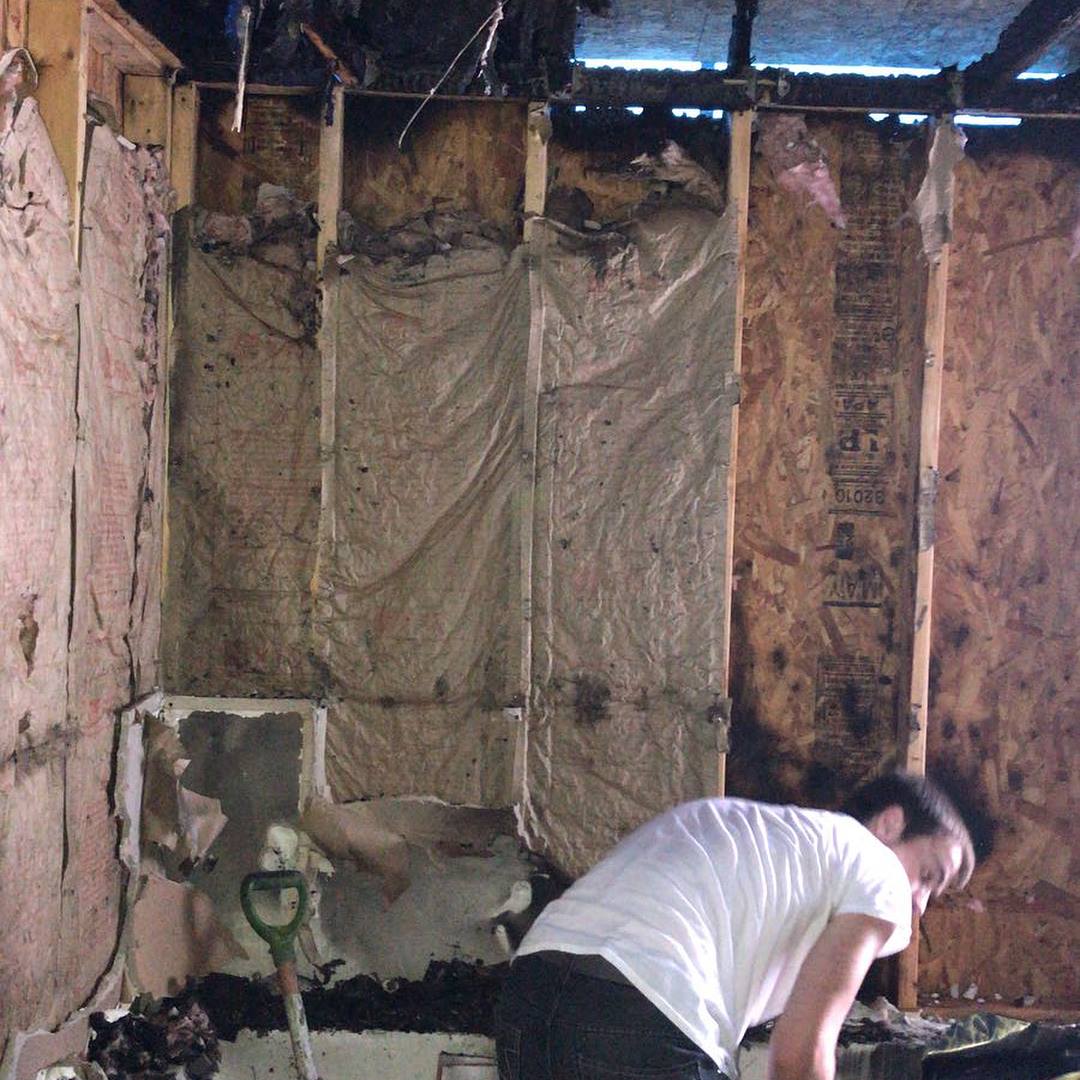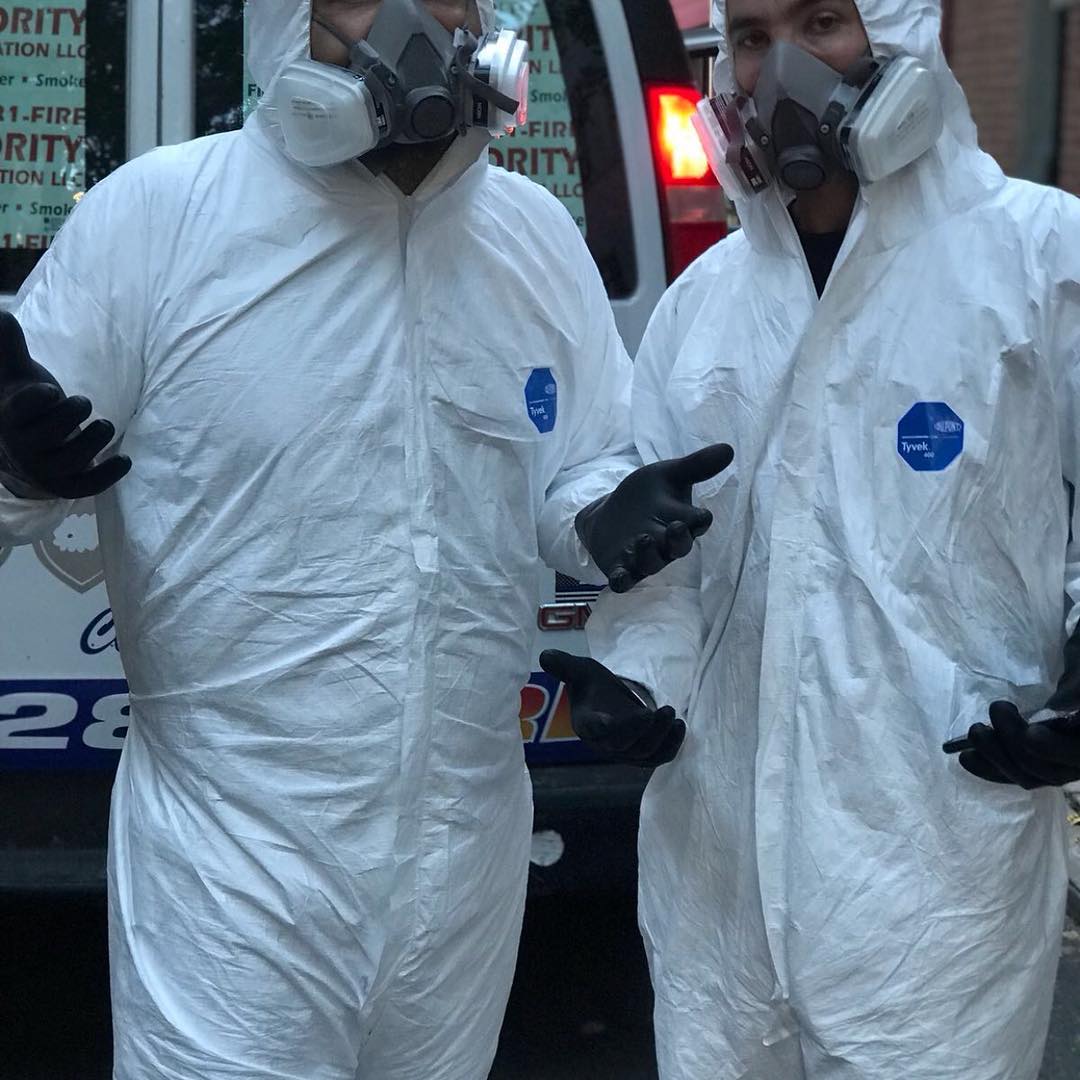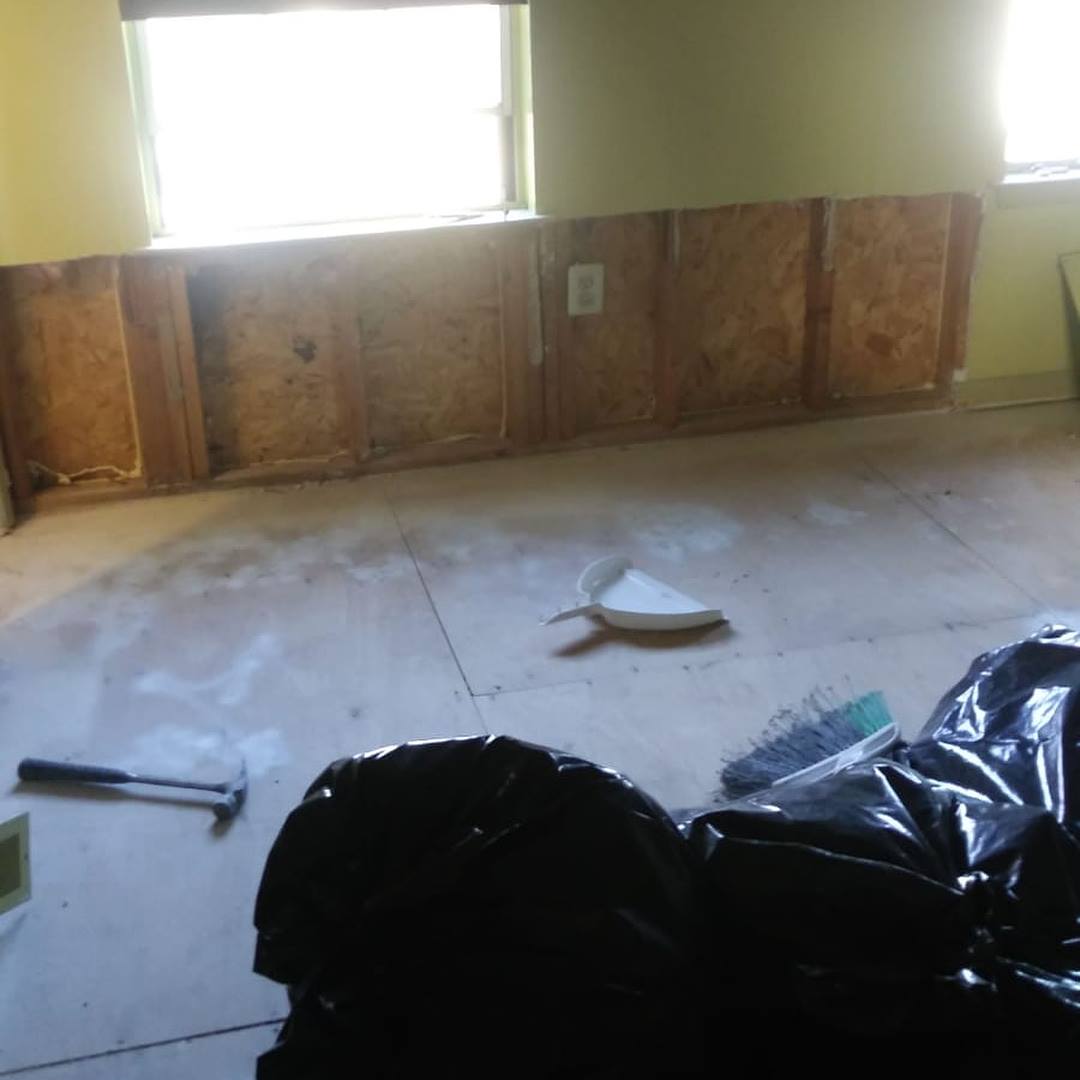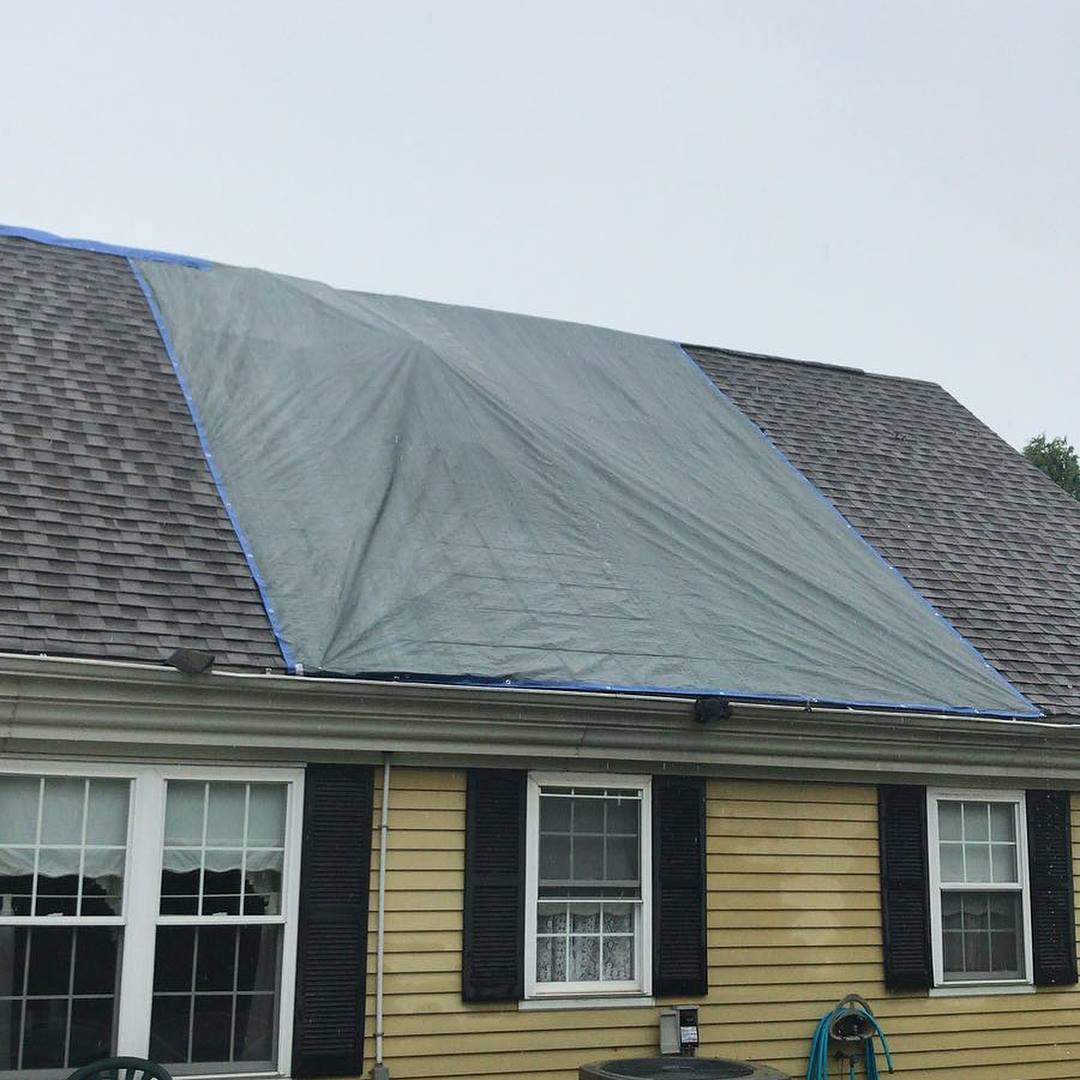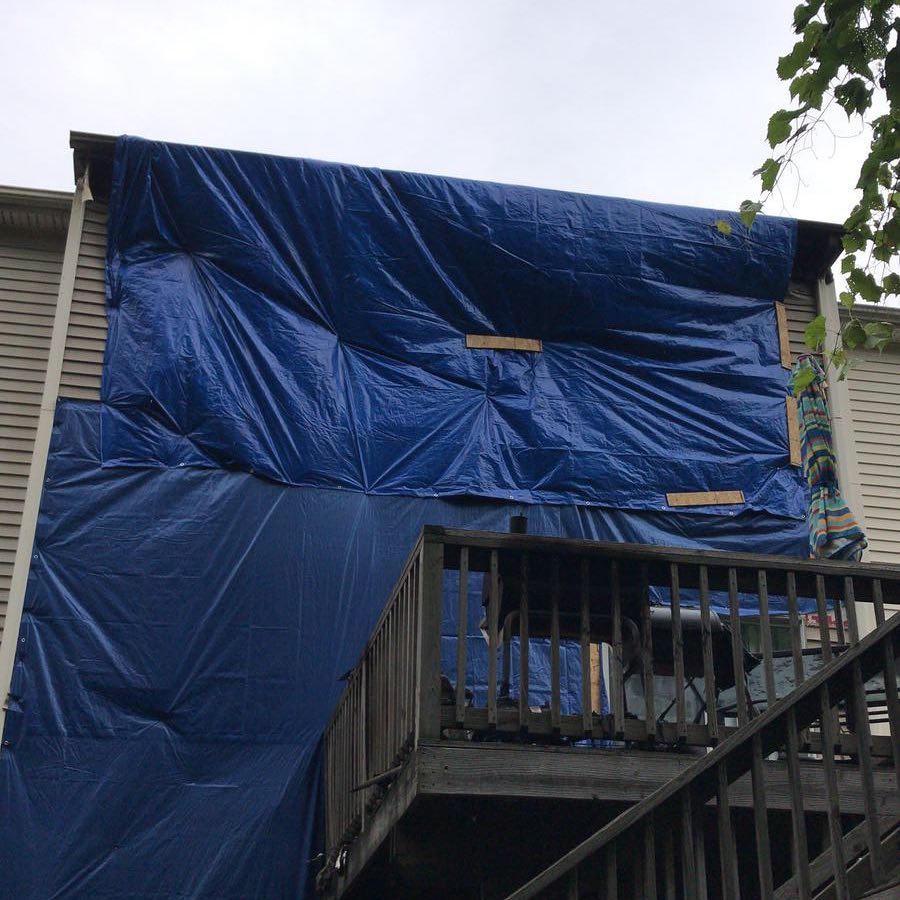
When dealing with hospital flood damage, you need a reliable and local team of Philly damage restoration experts in your corner. We've restored 100s of properties, both residential and commercial, in the Philly area and we're ready to come out and help you 24/7.
We're certified, insured, and work with all insurance companies. We understand how overwhelming it can be dealing with unexpected damage so let us assist you with your claim so you can focus on getting your hospital back on track.

Request a Free Estimate
or call (445) 234-4123
By submitting the form, you agree to our Terms of Service and Privacy Policy.
Water damage in hospitals is not just an inconvenience; it can be a critical issue that impacts patient care, disrupts operations, and leads to significant financial losses. In a city like Philadelphia, where hospitals play a crucial role in the community's well-being, understanding how to prevent, manage, and mitigate water damage is essential.
Common Causes of Water Damage in Hospitals
Hospitals are complex environments with numerous systems that can fail, leading to water damage. Here are some of the most common causes:
- Plumbing Leaks: Aging infrastructure, burst pipes, and faulty plumbing are common culprits. In hospitals, these can quickly escalate due to the extensive network of pipes running through the building.
- Roof Leaks: Flat roofs, common in hospital architecture, are particularly vulnerable to leaks, especially during heavy rainfall or snowmelt.
- HVAC System Failures: HVAC systems are vital for maintaining a controlled environment in hospitals, but they can also cause water damage if condensate drains become clogged or if the system malfunctions.
- Flooding: Natural disasters or heavy rainfall can lead to flooding, particularly in hospitals located in flood-prone areas of Philadelphia.
- Sprinkler System Malfunctions: While essential for fire safety, sprinkler systems can cause significant water damage if they malfunction or are triggered accidentally.
The Risks of Water Damage in Hospitals
Water damage in hospitals can lead to:
- Infection Control Issues: Standing water and damp conditions can foster mold growth, leading to potential health risks for patients with compromised immune systems.
- Operational Disruptions: Water damage can force the closure of patient rooms, operating theaters, and other critical areas, impacting the hospital's ability to provide care.
- Financial Losses: The costs associated with water damage repair, loss of equipment, and operational downtime can be substantial.
- Regulatory Non-Compliance: Hospitals must adhere to strict regulatory standards. Water damage can lead to violations, resulting in fines or other penalties.
Water Damage Recommendations For Philadelphia Area Hospitals
Hospital of the University of Pennsylvania (HUP)
As one of Philadelphia’s leading hospitals, HUP’s extensive facilities are vulnerable to various types of water damage. Given its size and the complexity of its operations, a burst pipe or roof leak can disrupt patient care across multiple departments.
Recommendation: Regular inspection of plumbing and HVAC systems is crucial to prevent leaks. Implementing a robust emergency response plan that includes quick access to water damage restoration services can minimize downtime.
Thomas Jefferson University Hospital
Located in Center City, Thomas Jefferson University Hospital is in a densely populated area where infrastructure issues can lead to unexpected water damage. The hospital's aging buildings are particularly at risk.
Recommendation: Investing in modernizing old plumbing and roofing systems can prevent many water damage incidents. Additionally, installing flood barriers in vulnerable areas could protect the hospital from flooding during heavy rains.
Temple University Hospital
Temple University Hospital serves a diverse community and operates in a region that can experience significant weather fluctuations. Flooding is a particular concern here, especially during severe storms.
Recommendation: Temple University Hospital should focus on enhancing its flood preparedness. This includes having an effective drainage system and ensuring that all emergency exits and critical areas are protected from potential water intrusion.
Children's Hospital of Philadelphia (CHOP)
As one of the leading pediatric hospitals in the nation, CHOP must maintain the highest standards of care. Water damage, particularly in patient areas, could lead to serious health risks for young patients.
Recommendation: CHOP should prioritize regular maintenance of its water supply and HVAC systems to prevent leaks. The hospital should also have a detailed mold remediation plan in place, given the increased sensitivity of its patient population.
Einstein Medical Center Philadelphia
Einstein Medical Center’s location in North Philadelphia places it in an area that can experience urban flooding. This hospital also faces challenges related to older infrastructure.
Recommendation: Upgrading the hospital’s plumbing and ensuring that all roof surfaces are inspected and maintained regularly can help prevent water damage. A partnership with a reliable water damage restoration company can ensure quick response times in case of an emergency.
How Philly Damage Restoration Can Help
Philly Damage Restoration specializes in water damage restoration for healthcare facilities in Philadelphia. We understand the unique challenges that hospitals face and are equipped to respond quickly to mitigate water damage, minimize disruption, and ensure that your hospital complies with all relevant health and safety regulations.
Our Services Include:
- 24/7 Emergency Response: We are available around the clock to respond to water damage incidents.
- Mold Remediation: We provide comprehensive mold removal services to protect patient health.
- Structural Drying: Our advanced drying techniques ensure that all affected areas are thoroughly dried, preventing further damage.
Frequently Asked Questions About Hospital Flood Damage in Philly
The most common causes include plumbing leaks, roof leaks, HVAC system failures, flooding from natural disasters, and sprinkler system malfunctions.





















